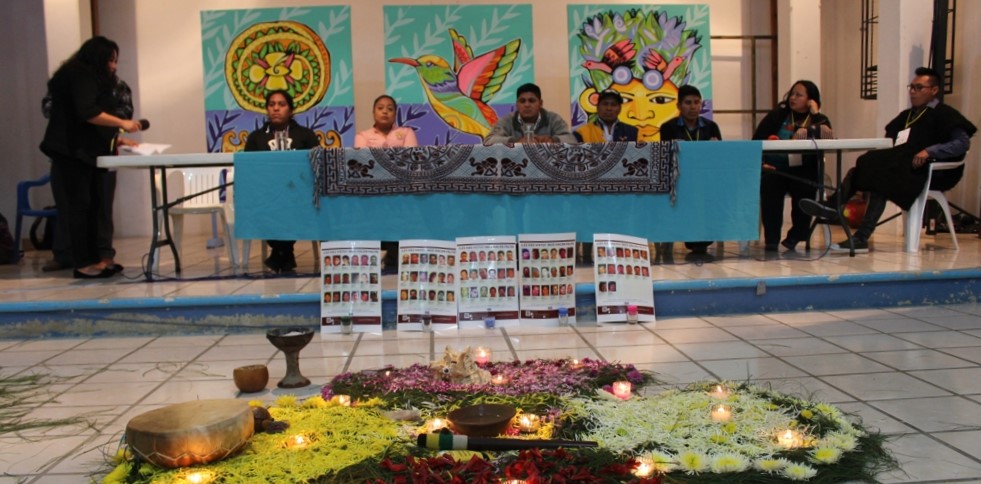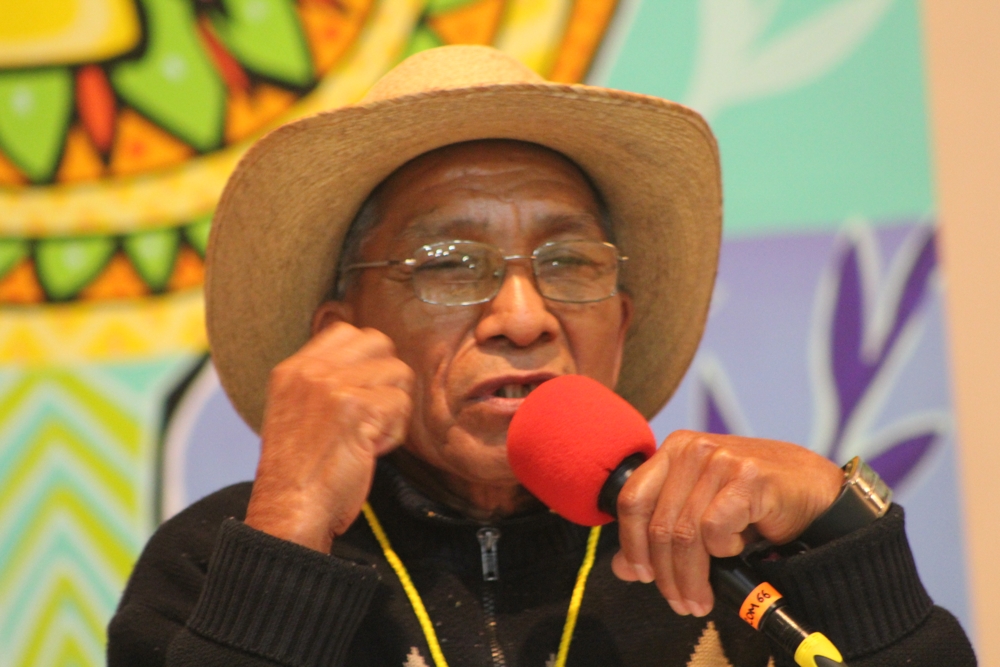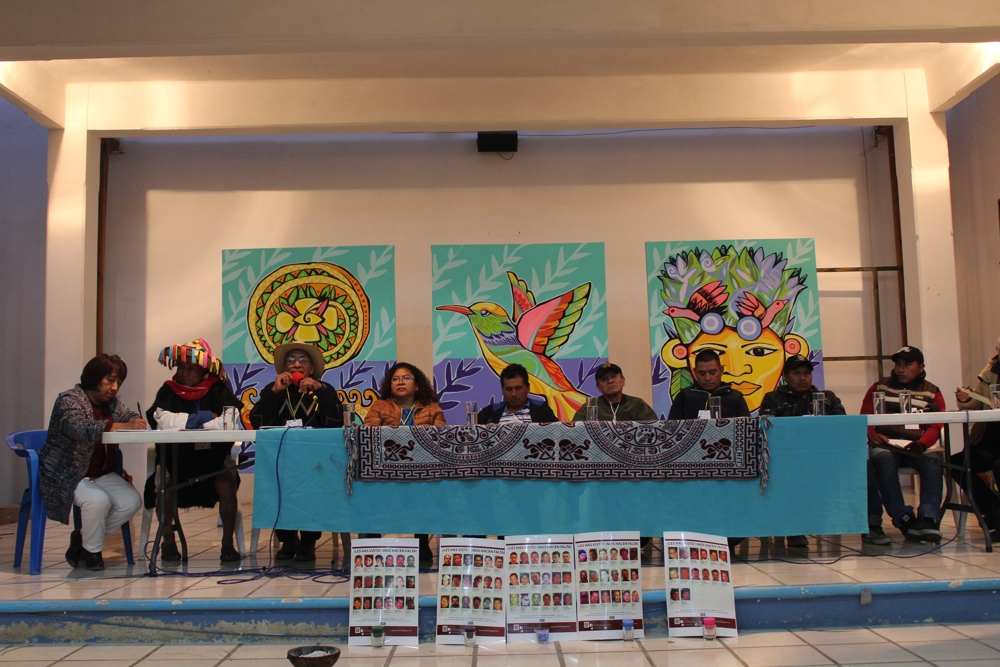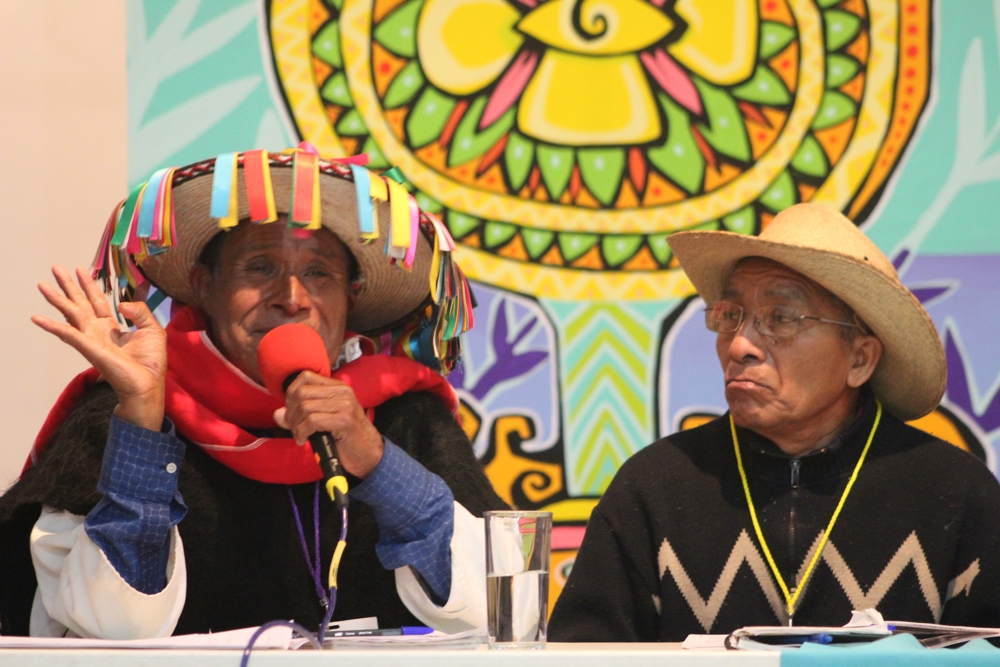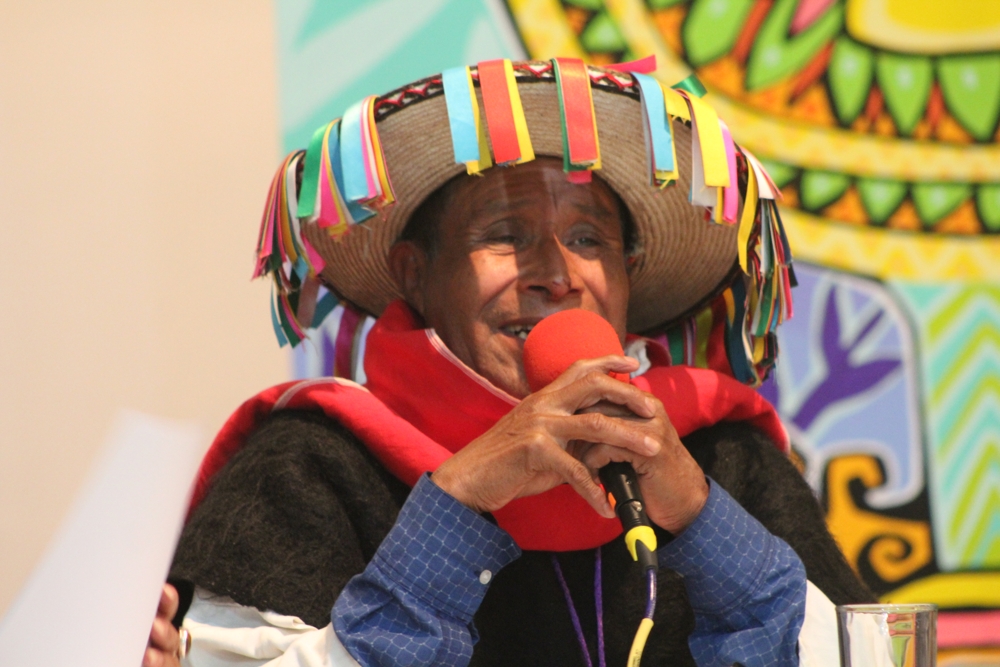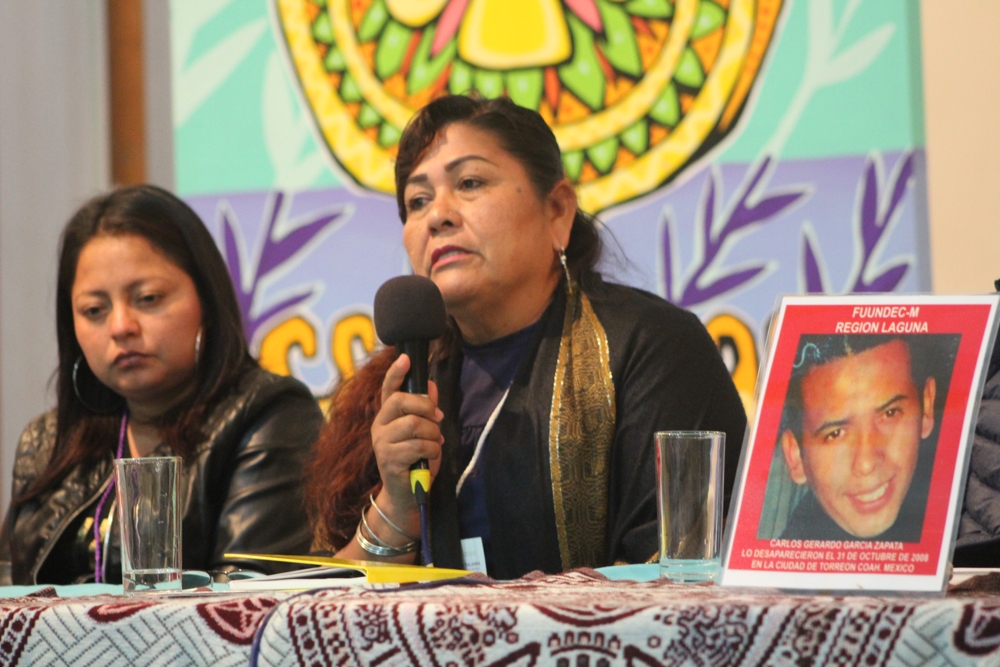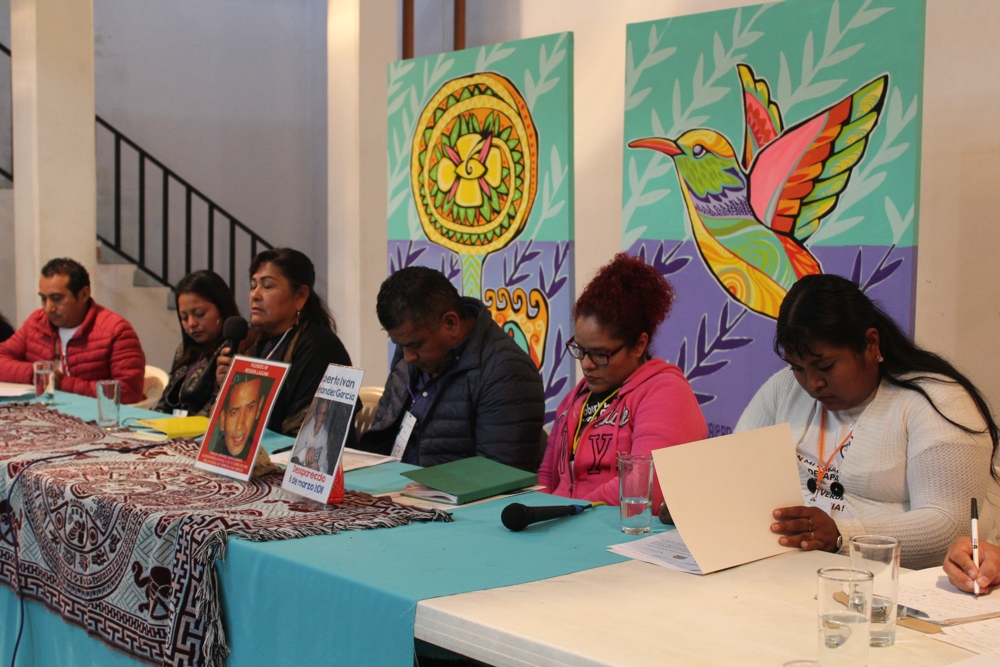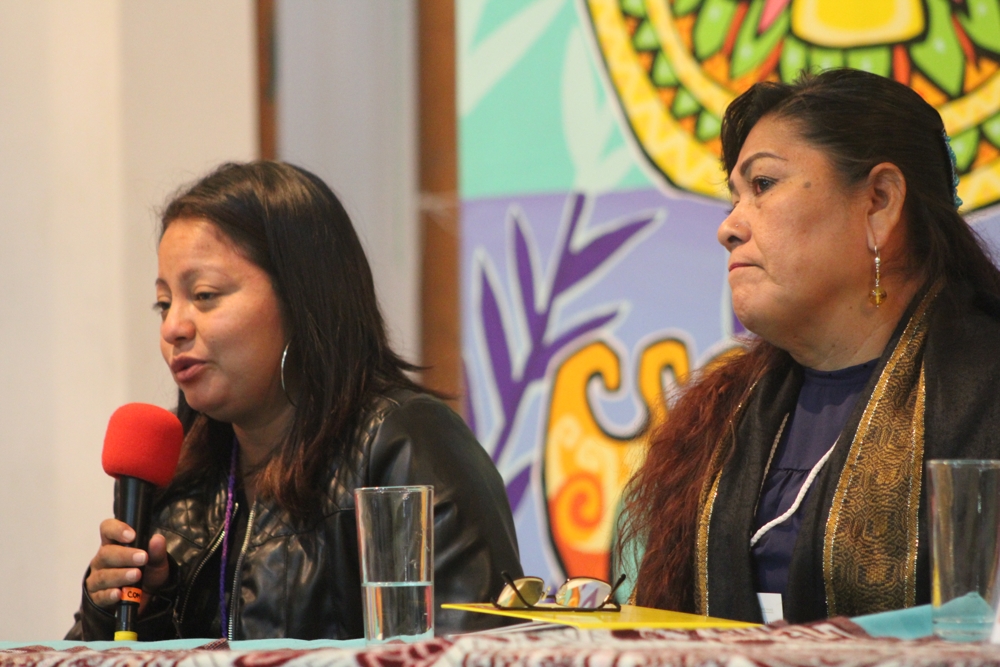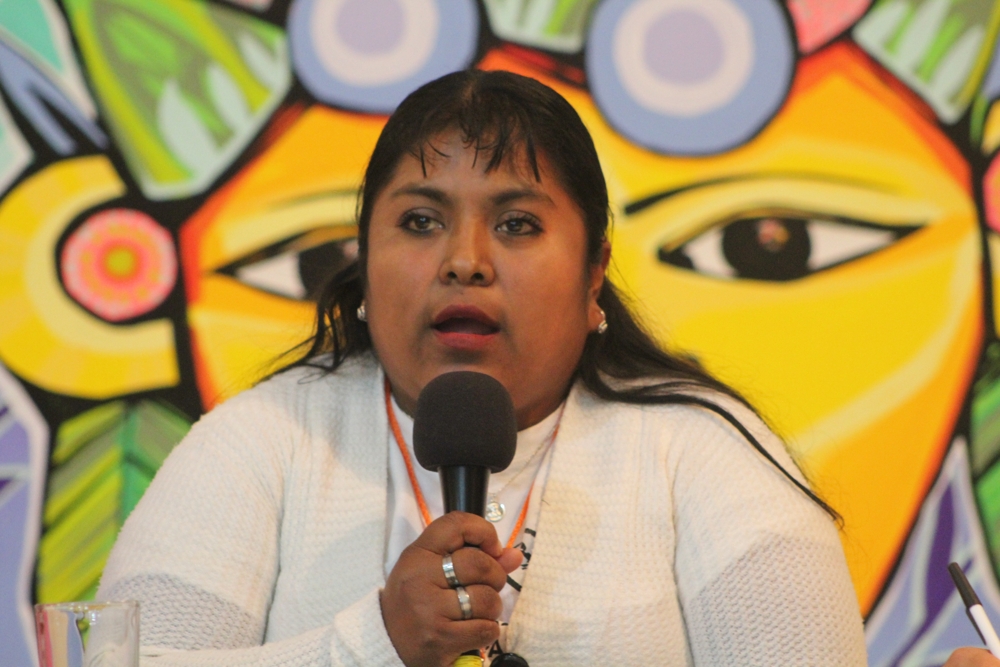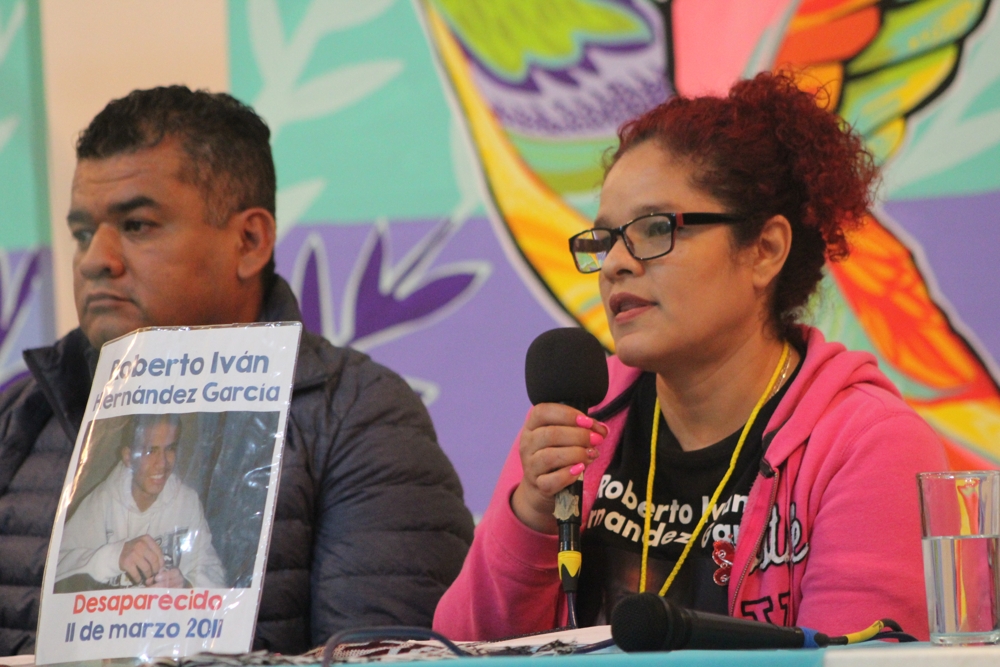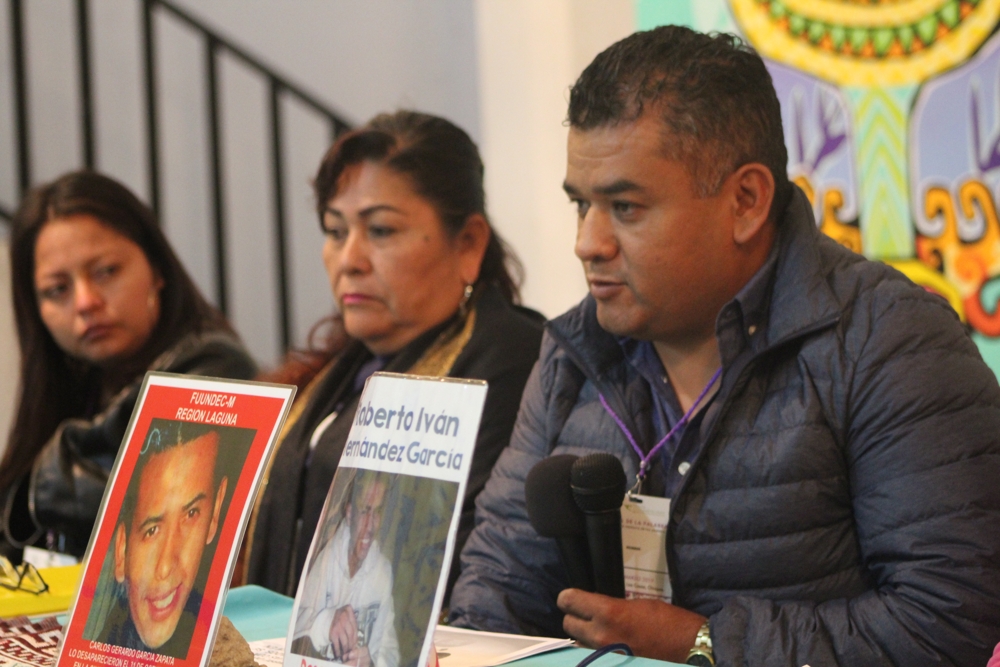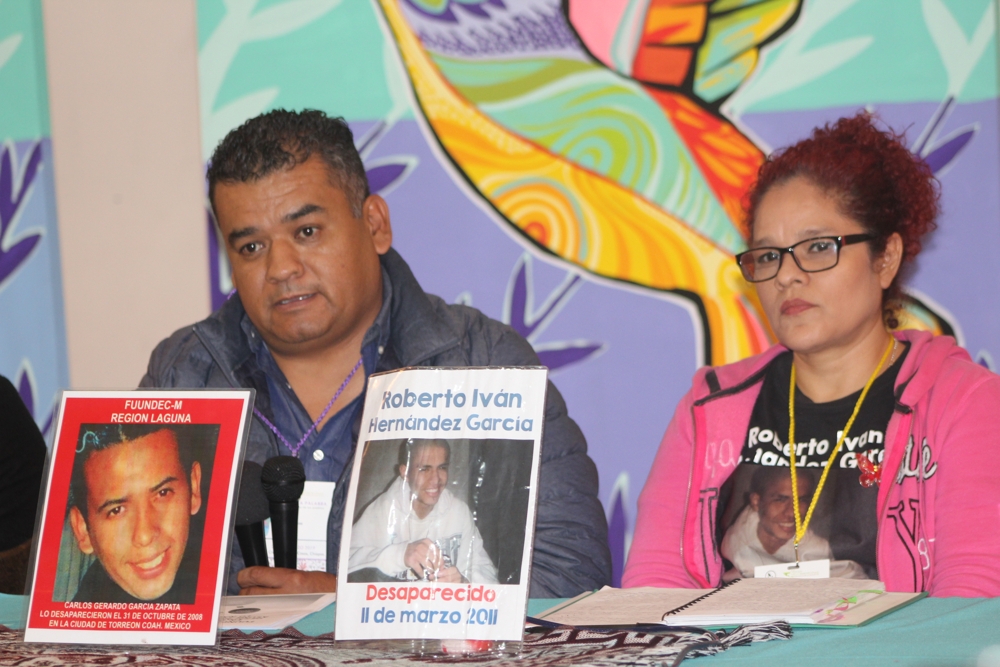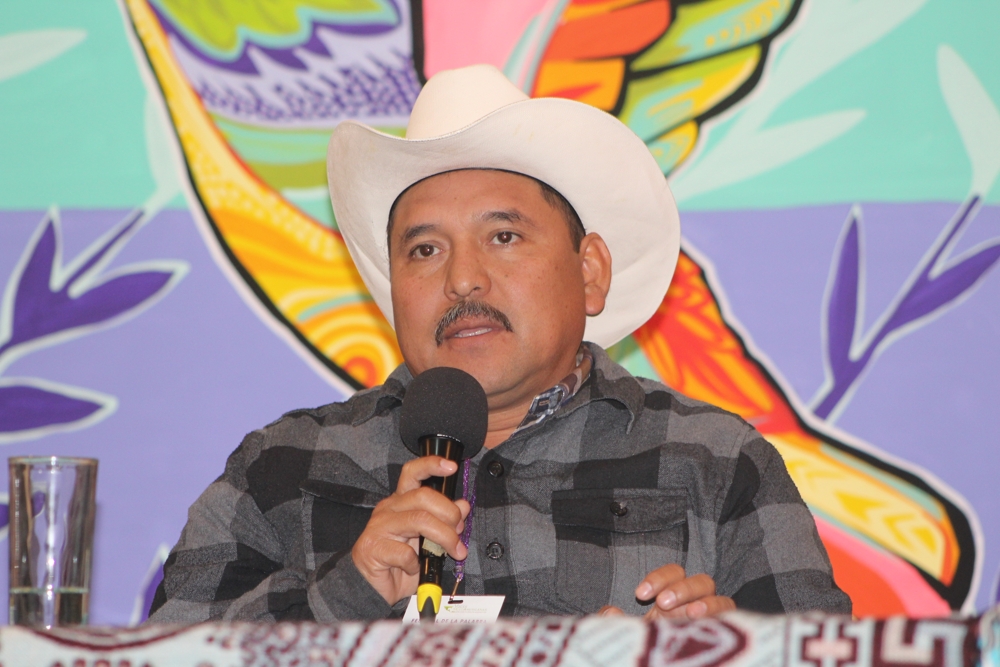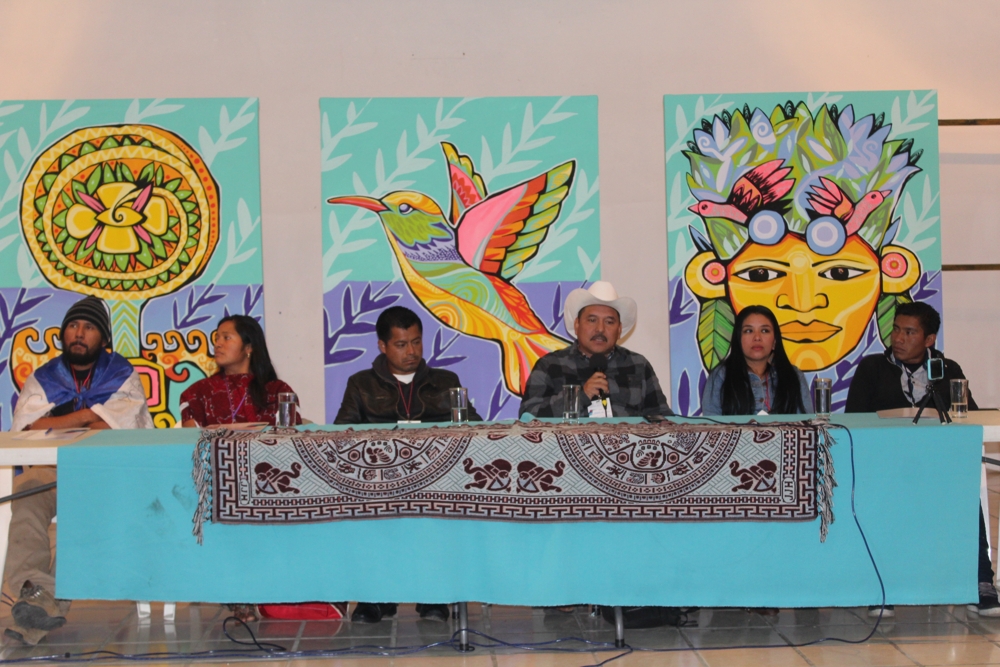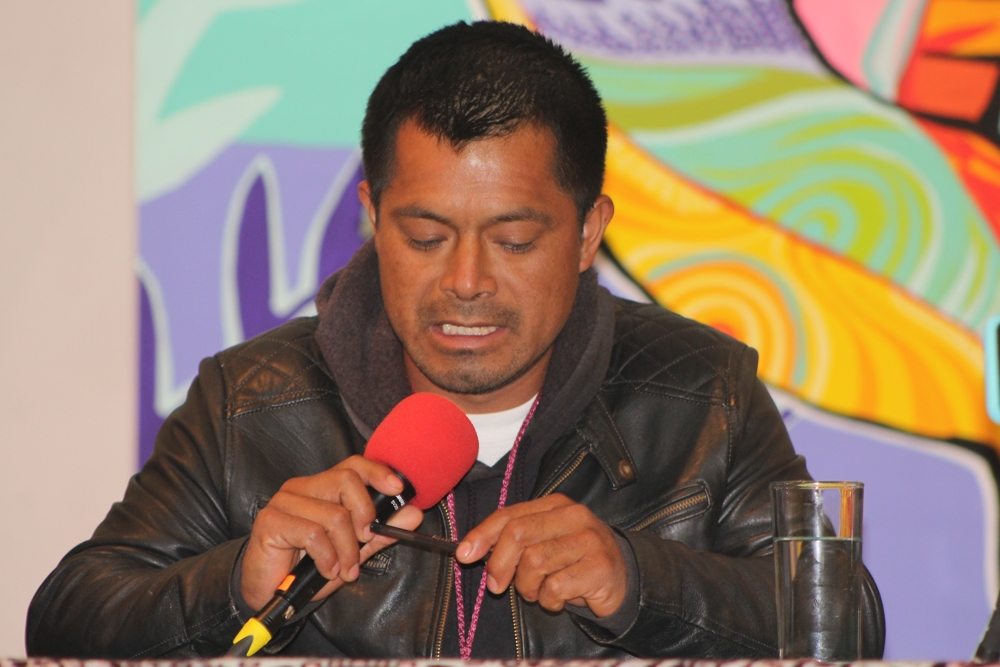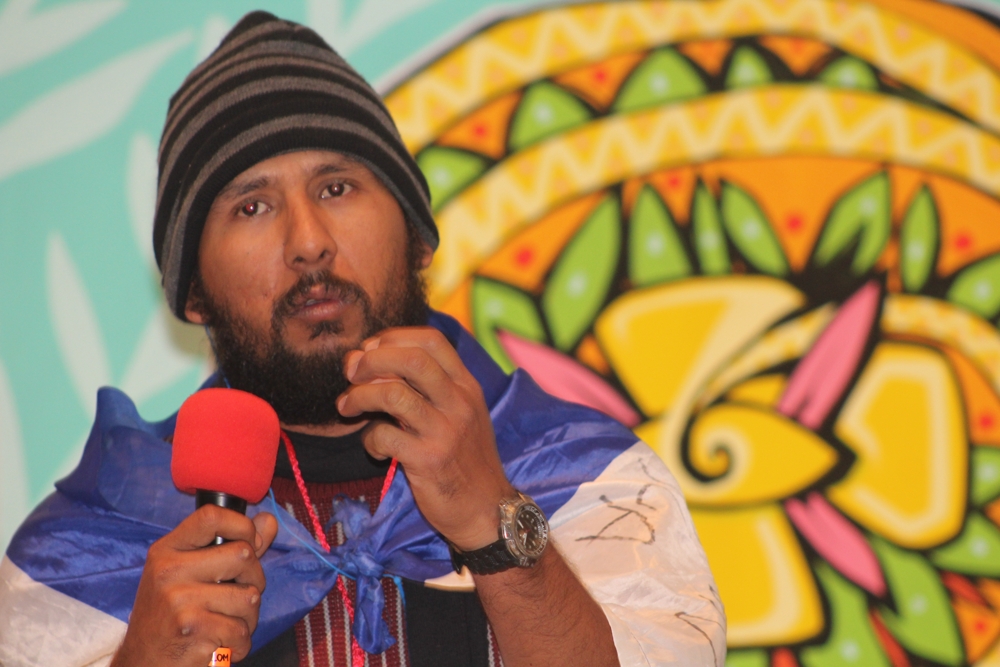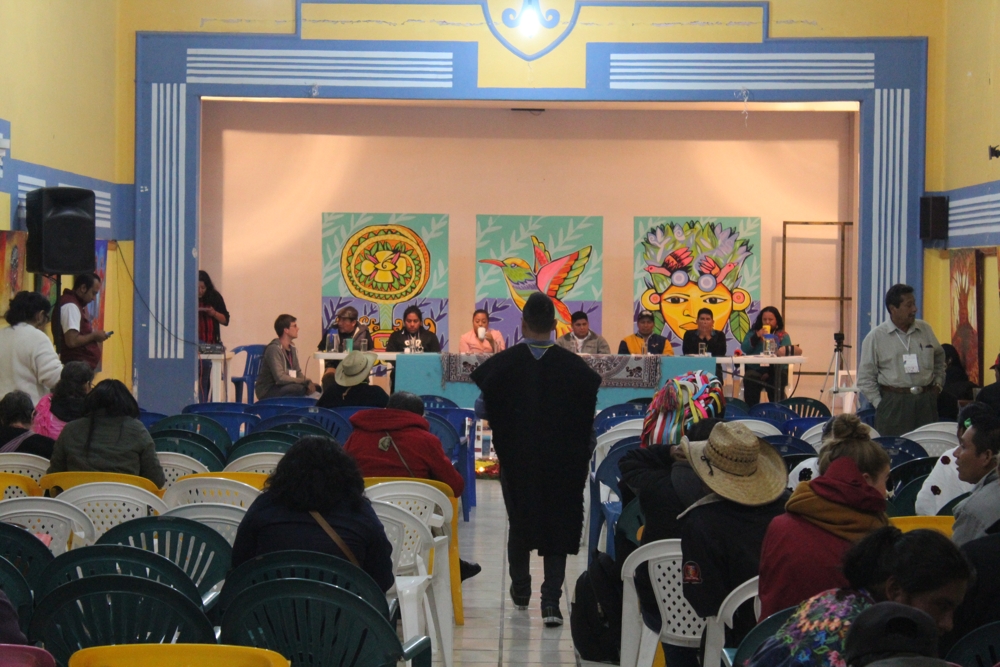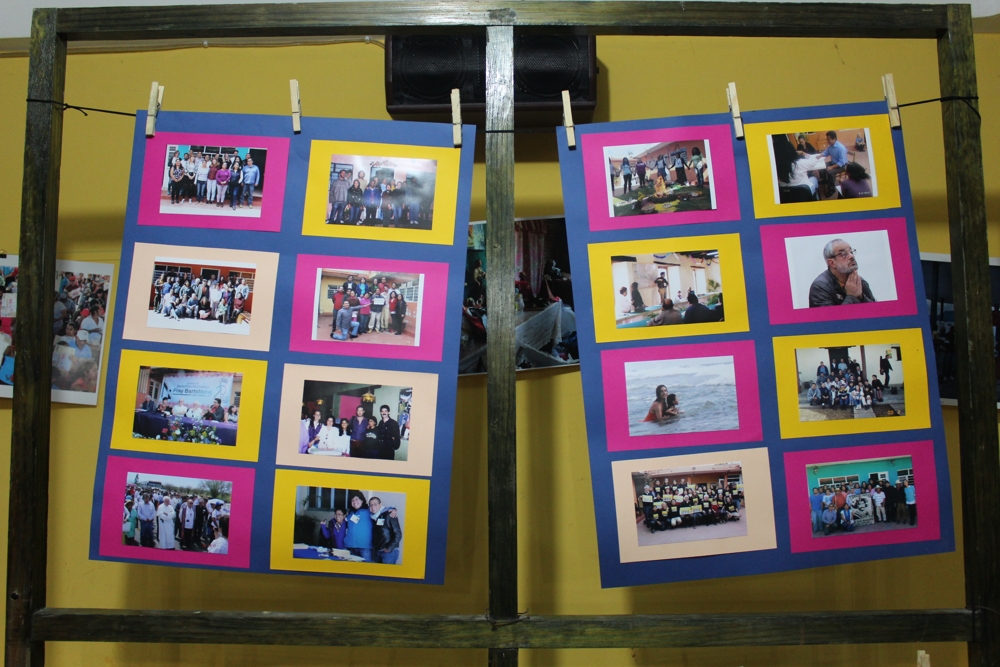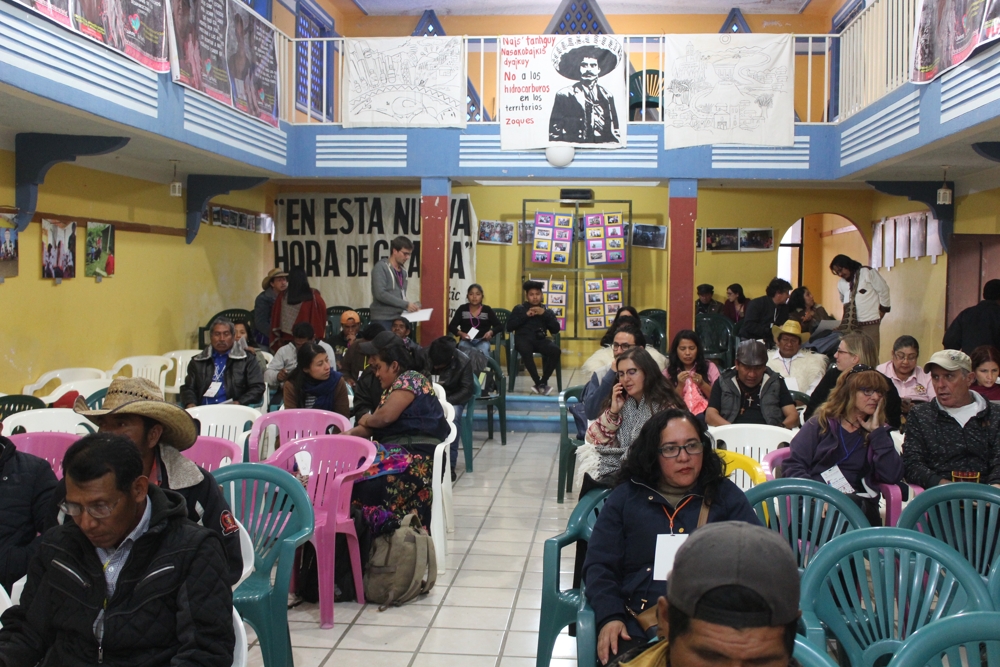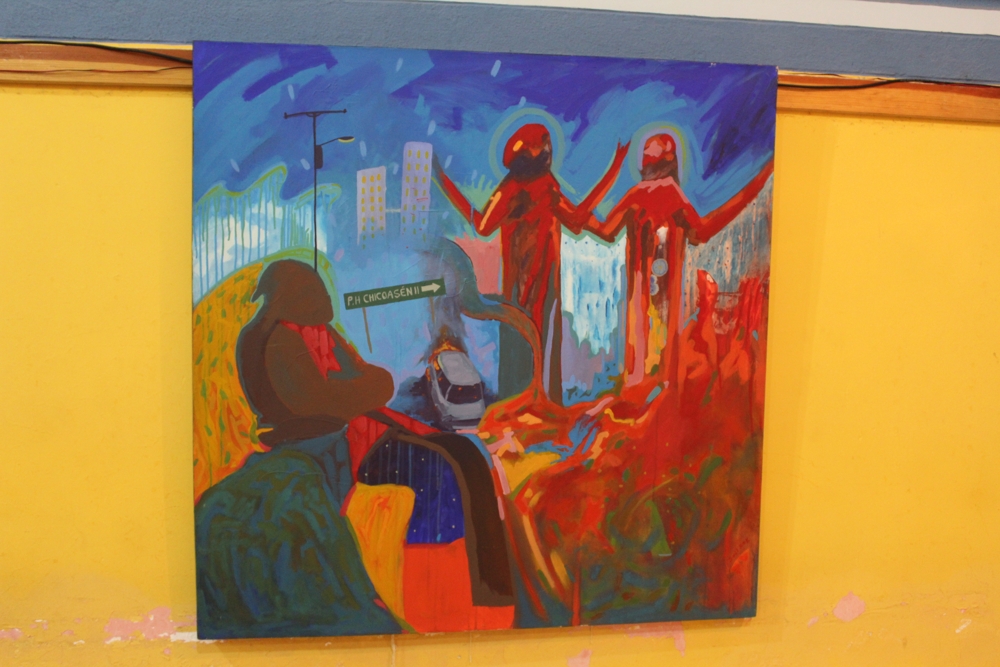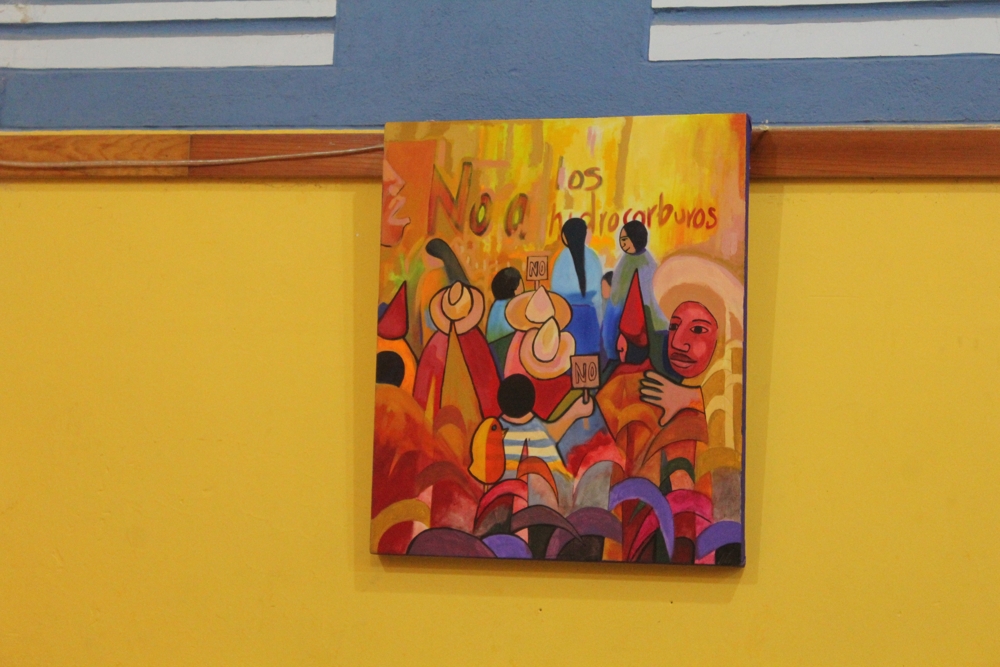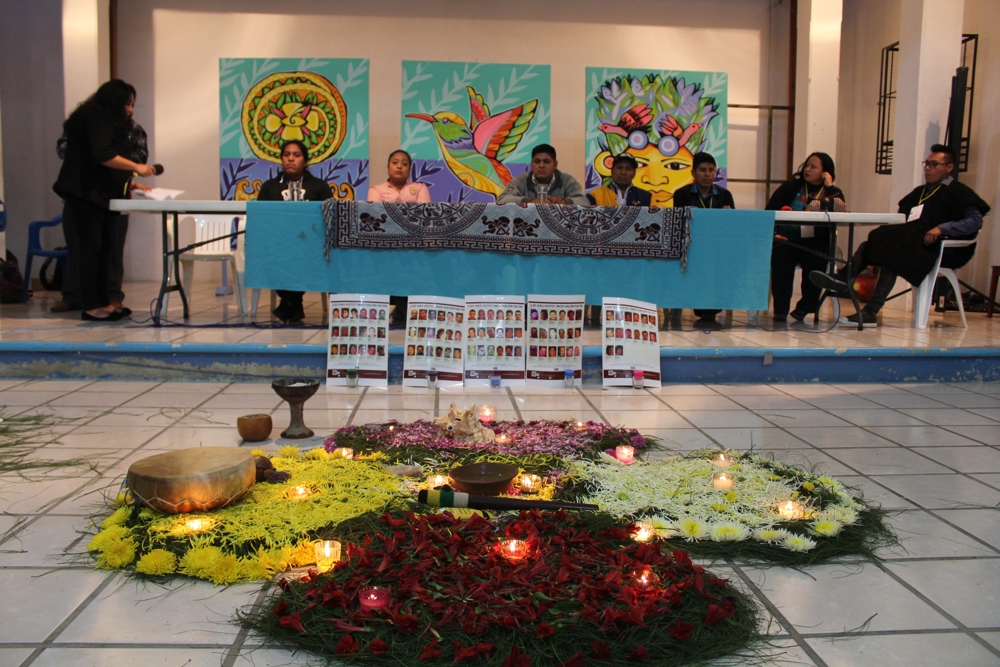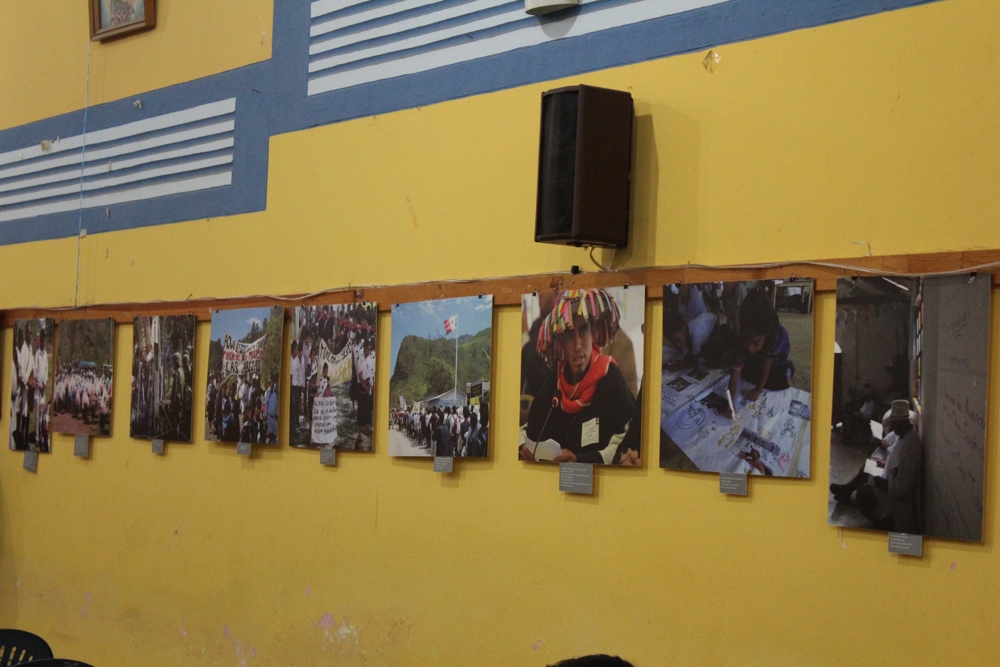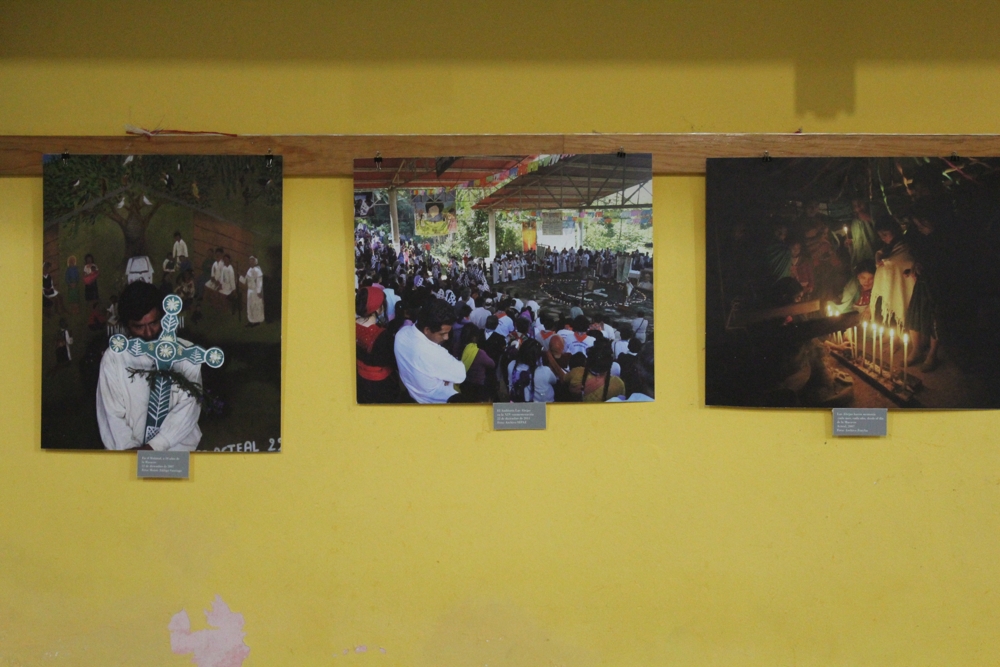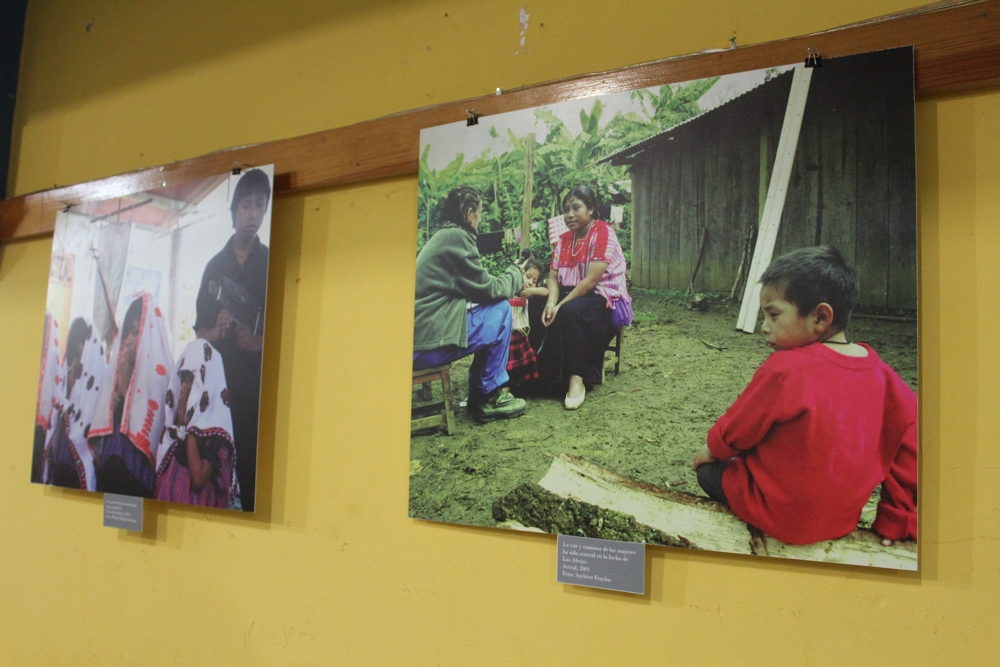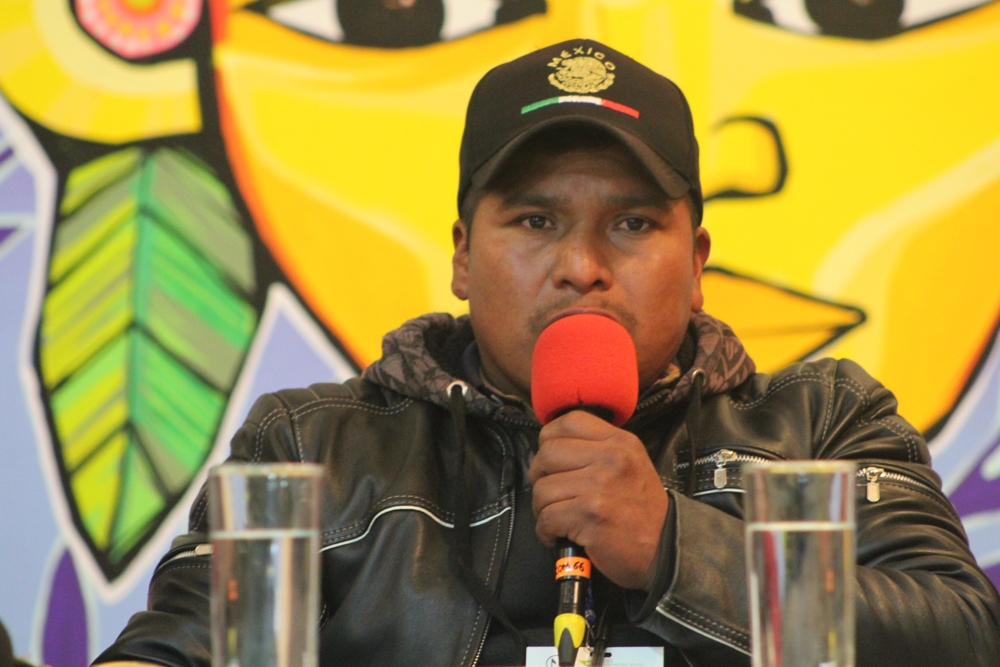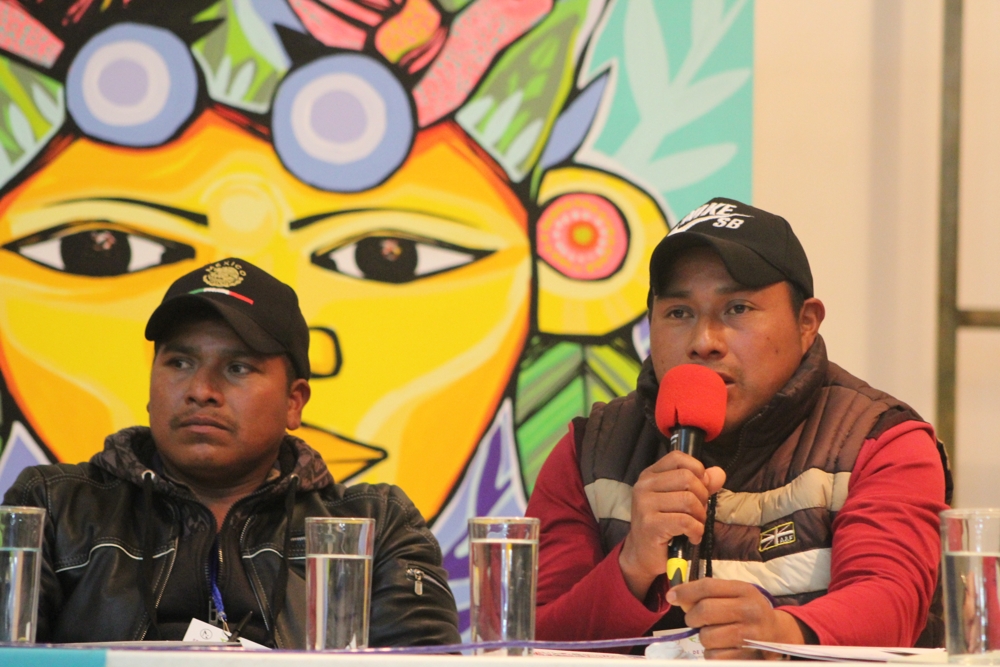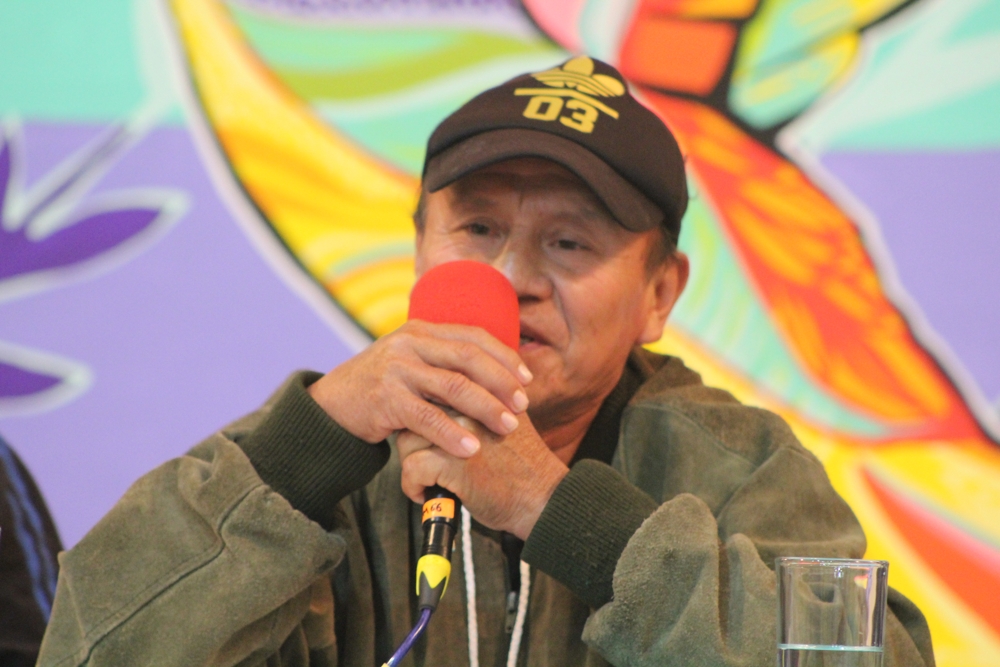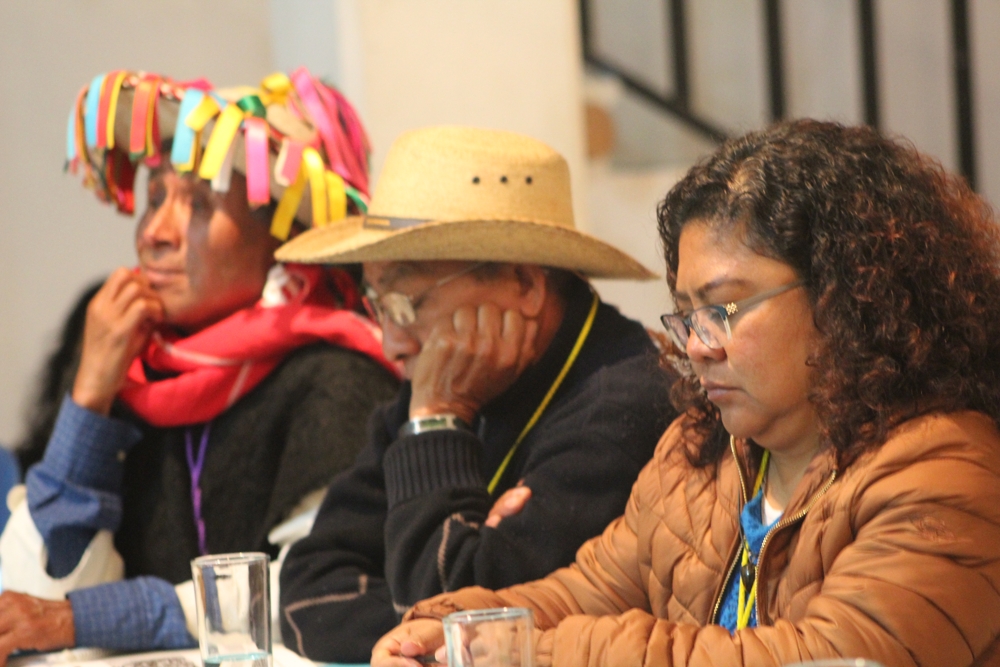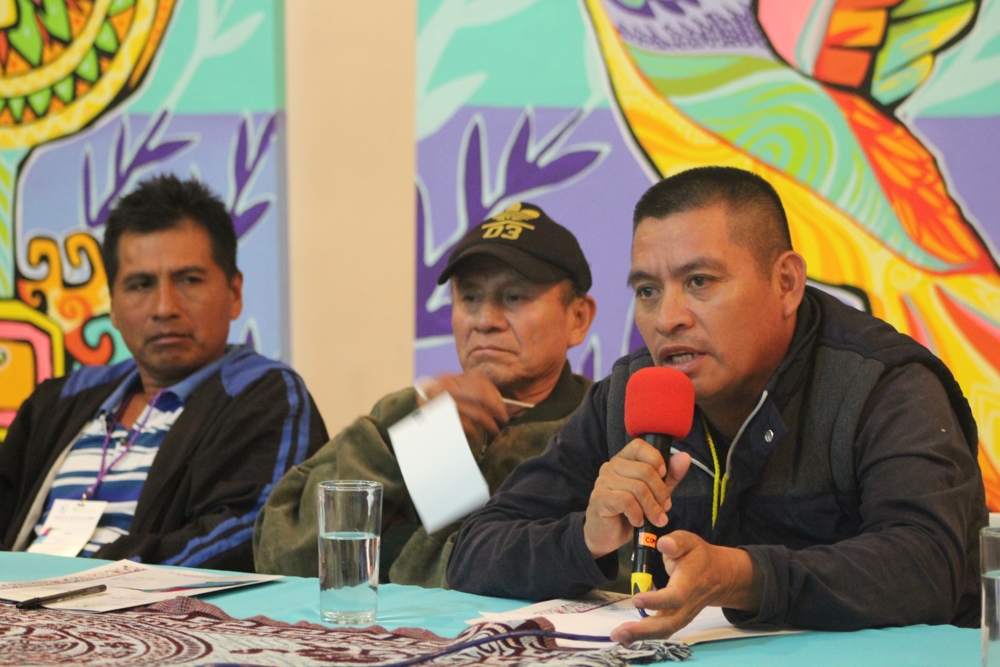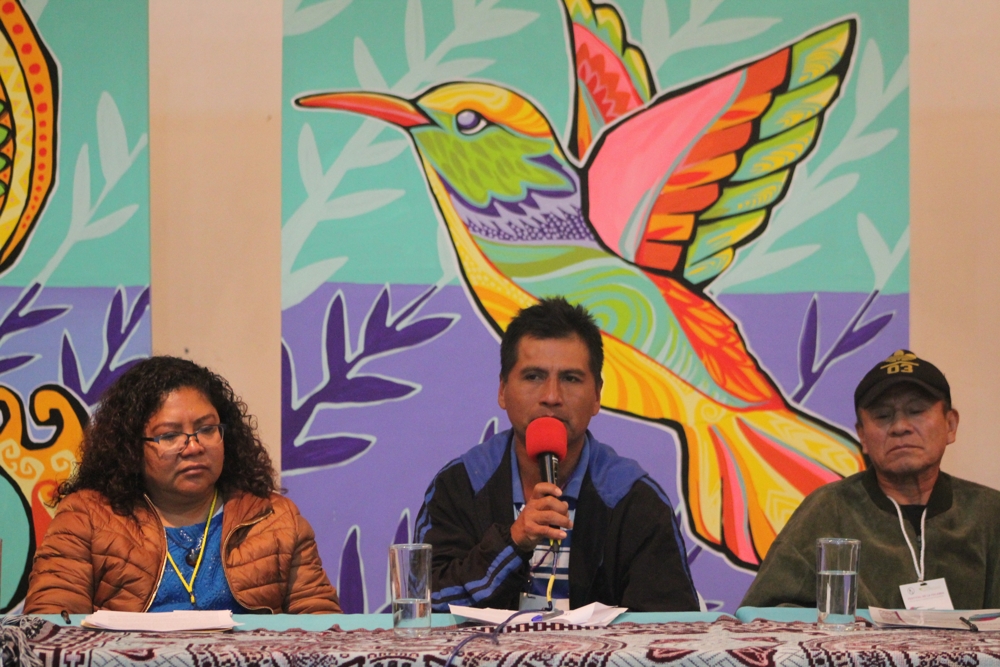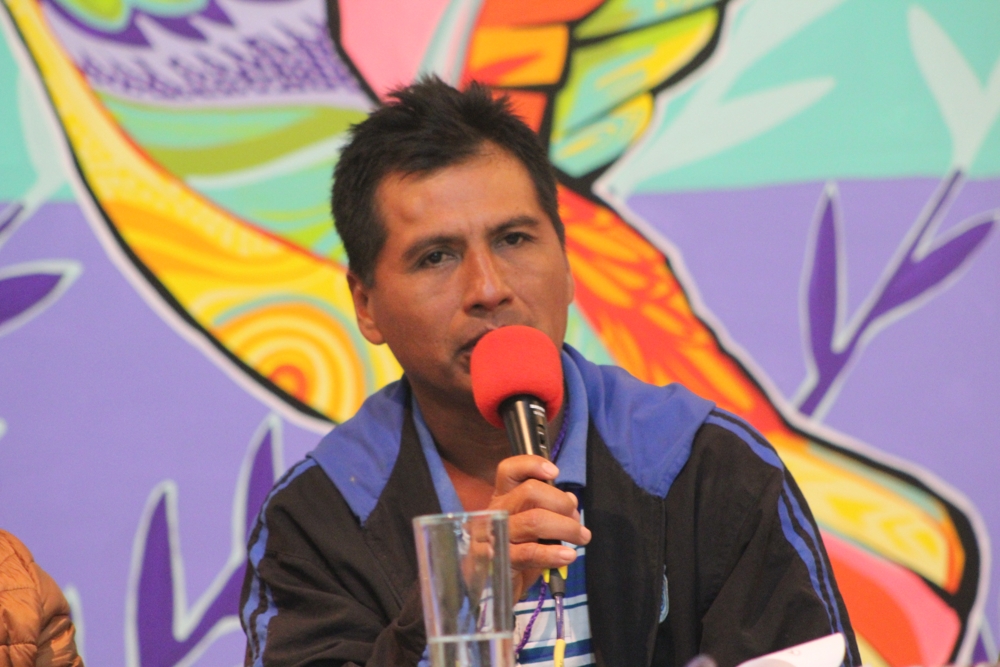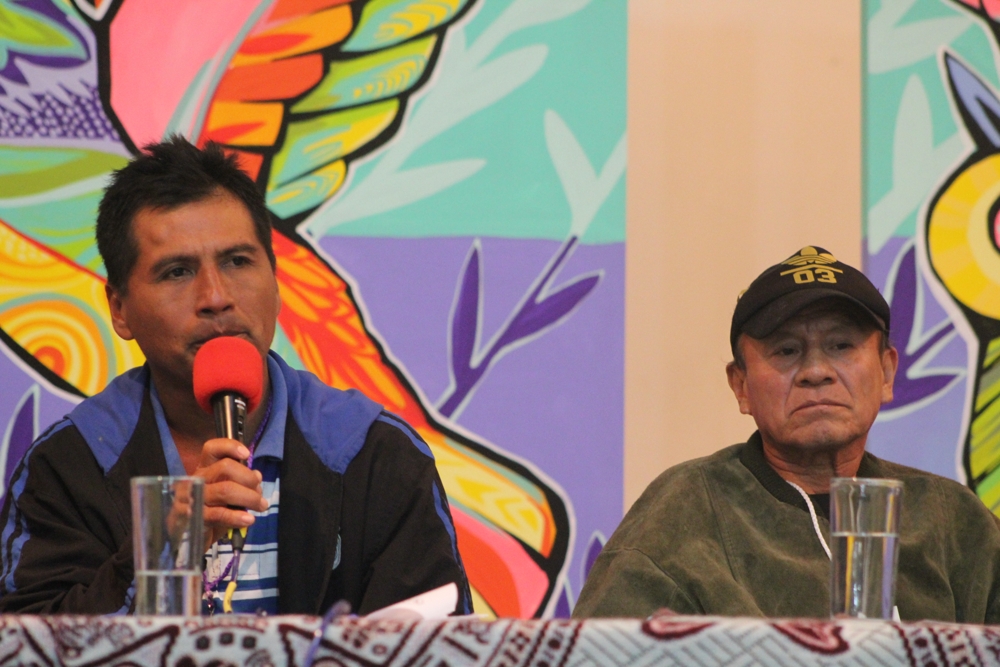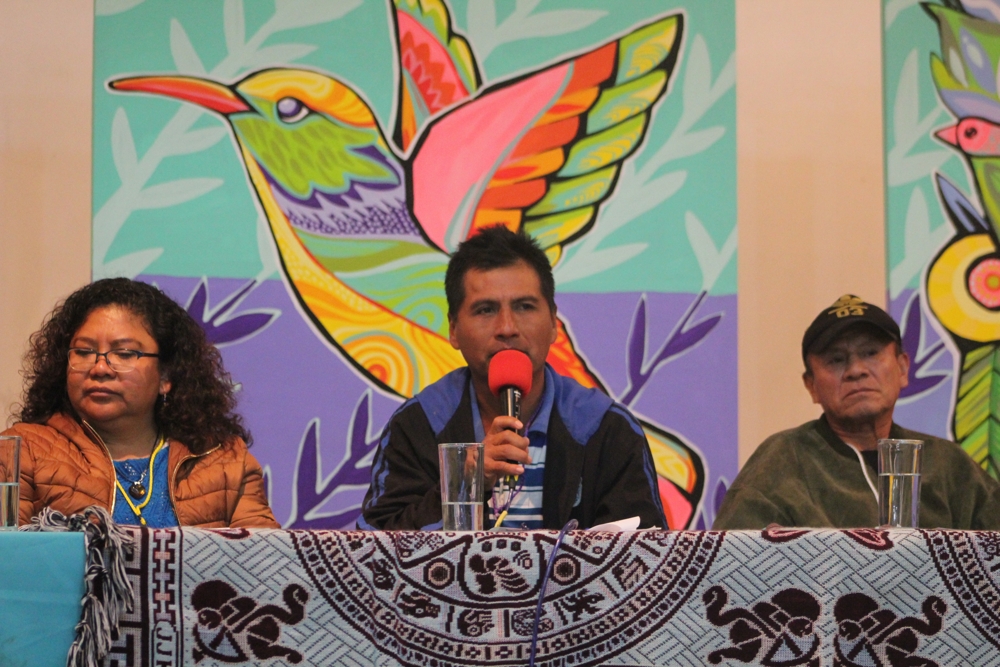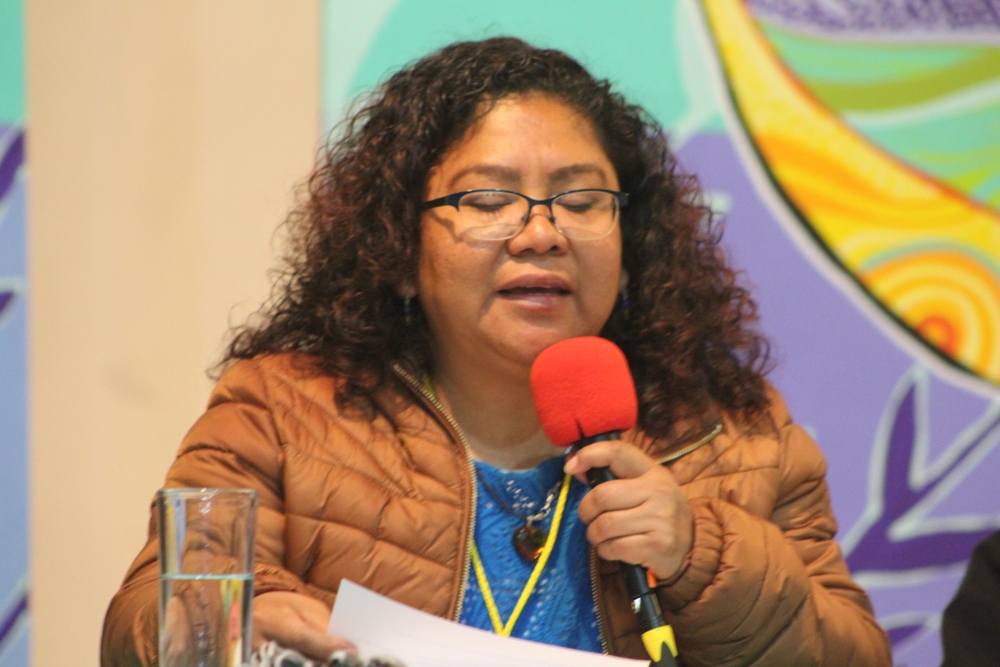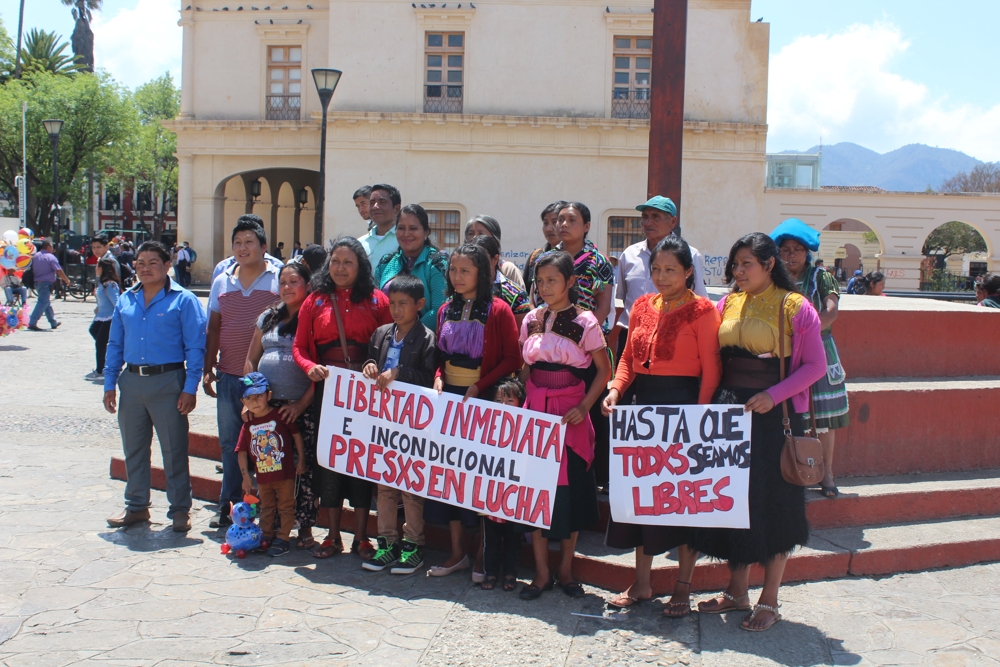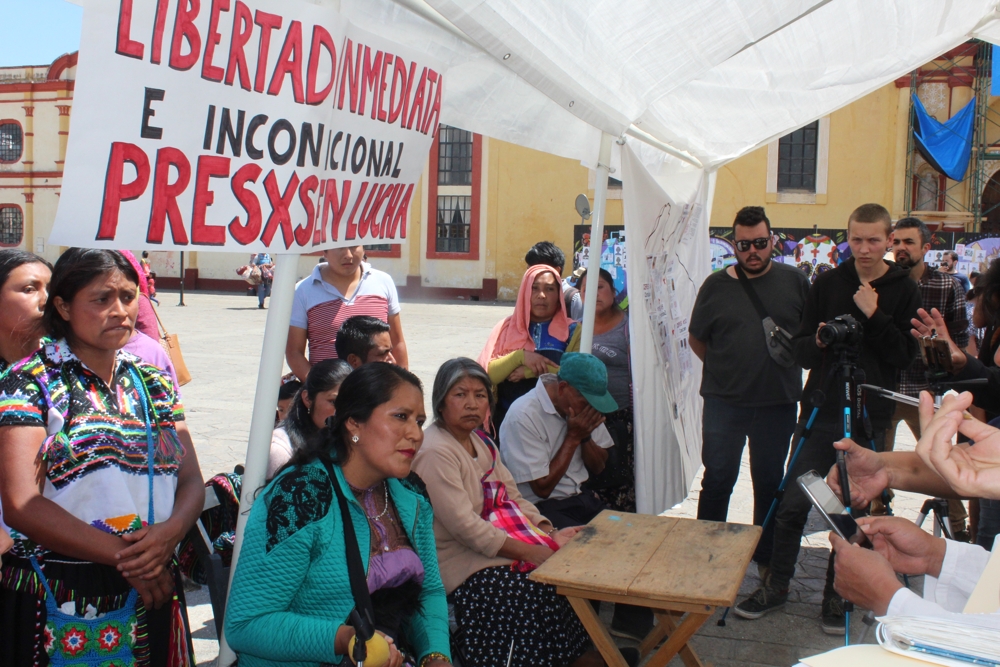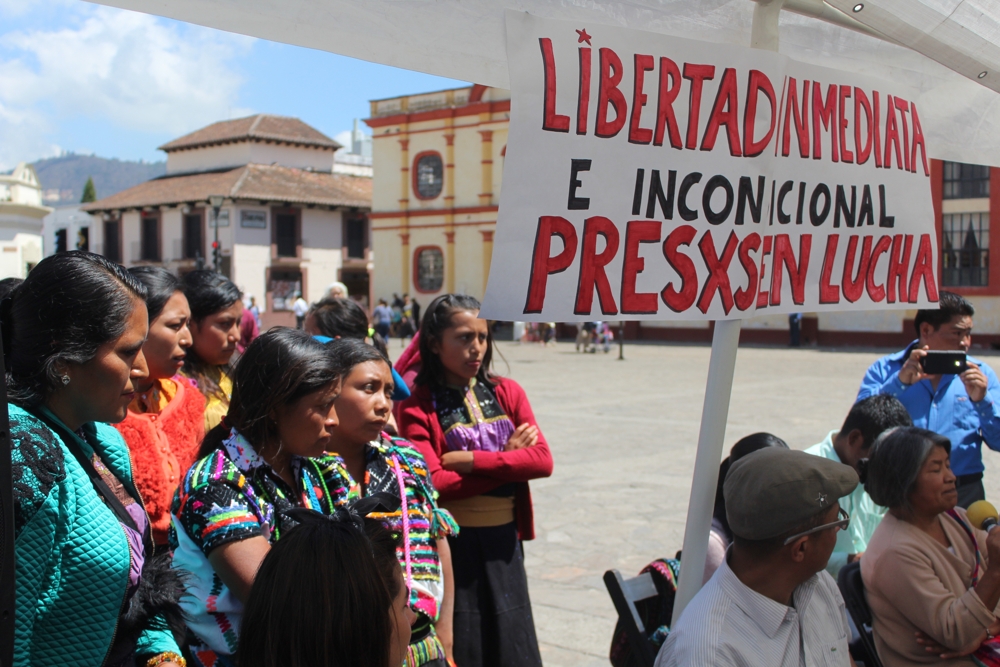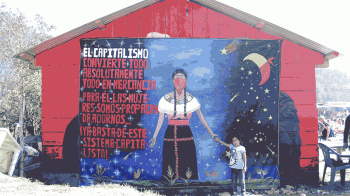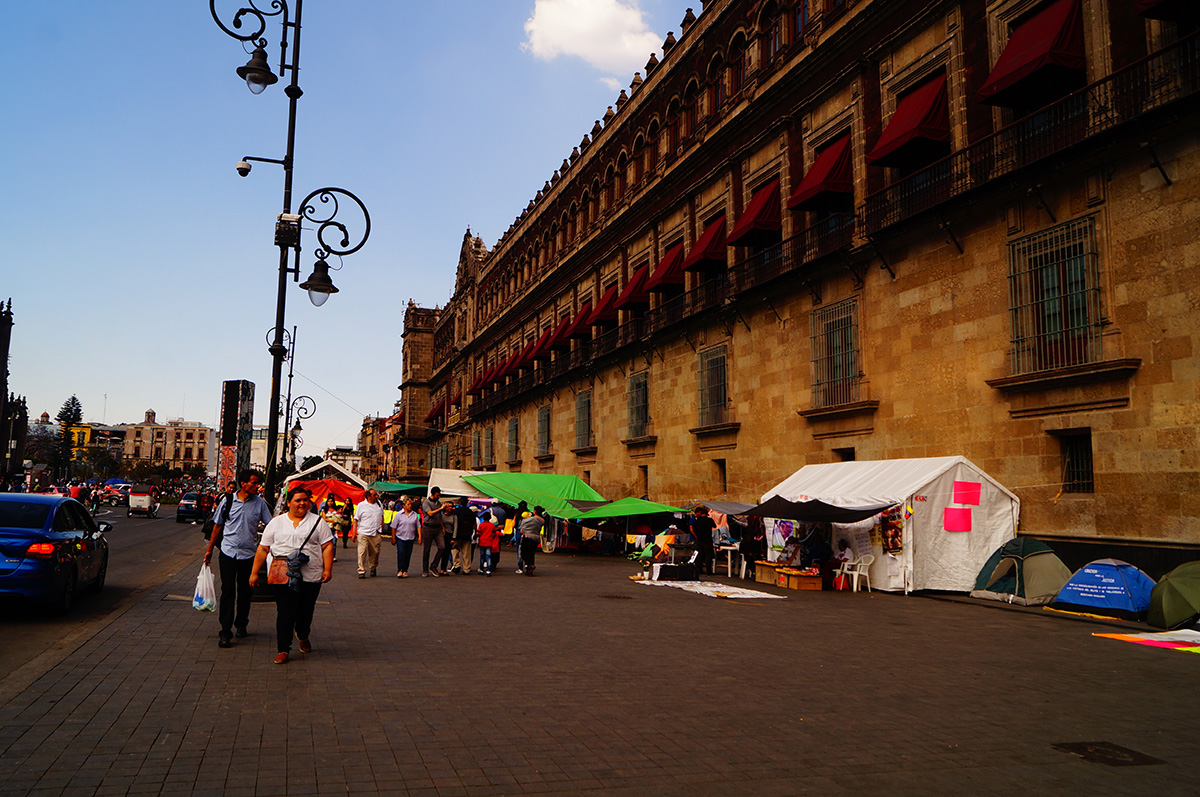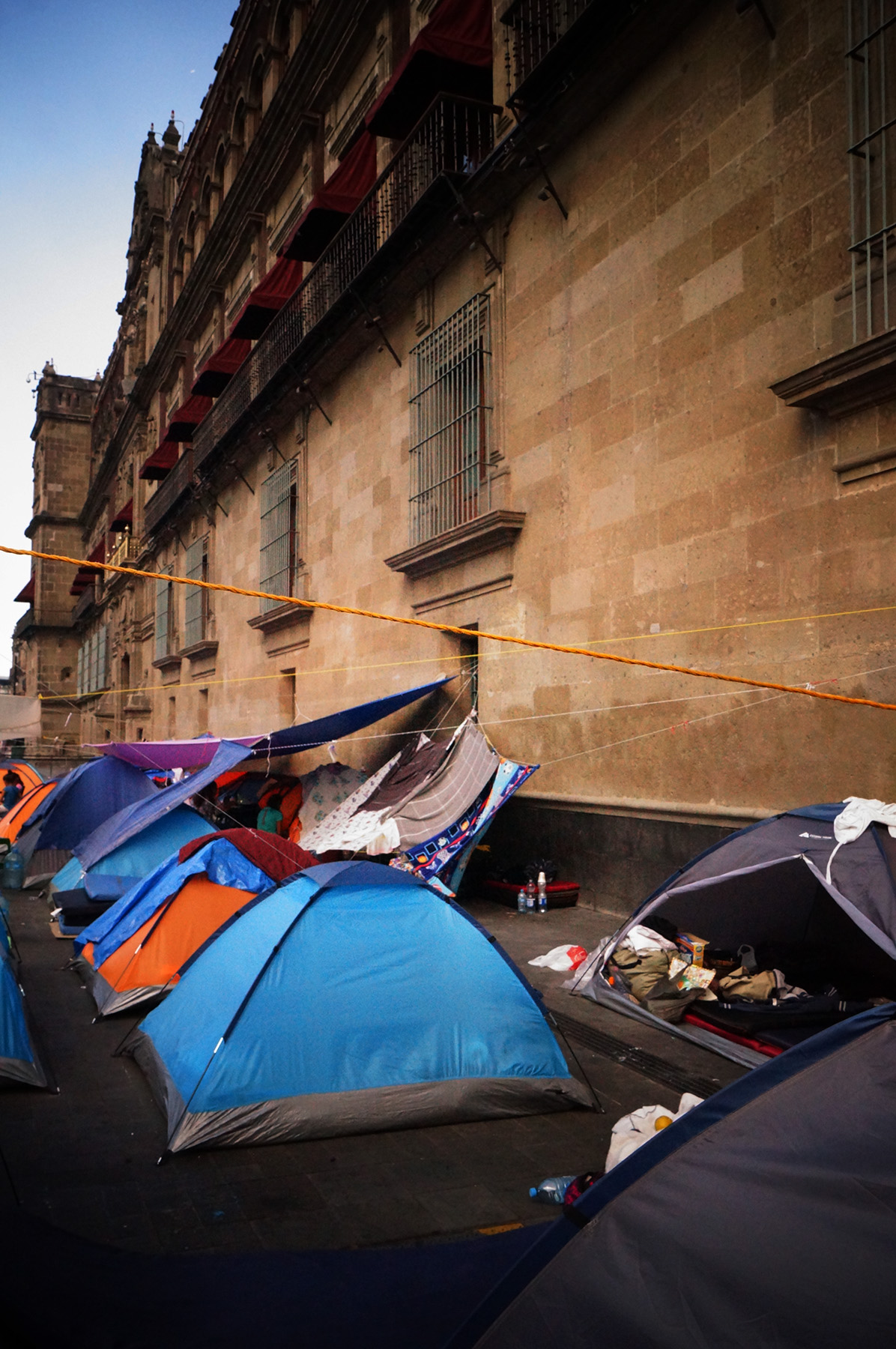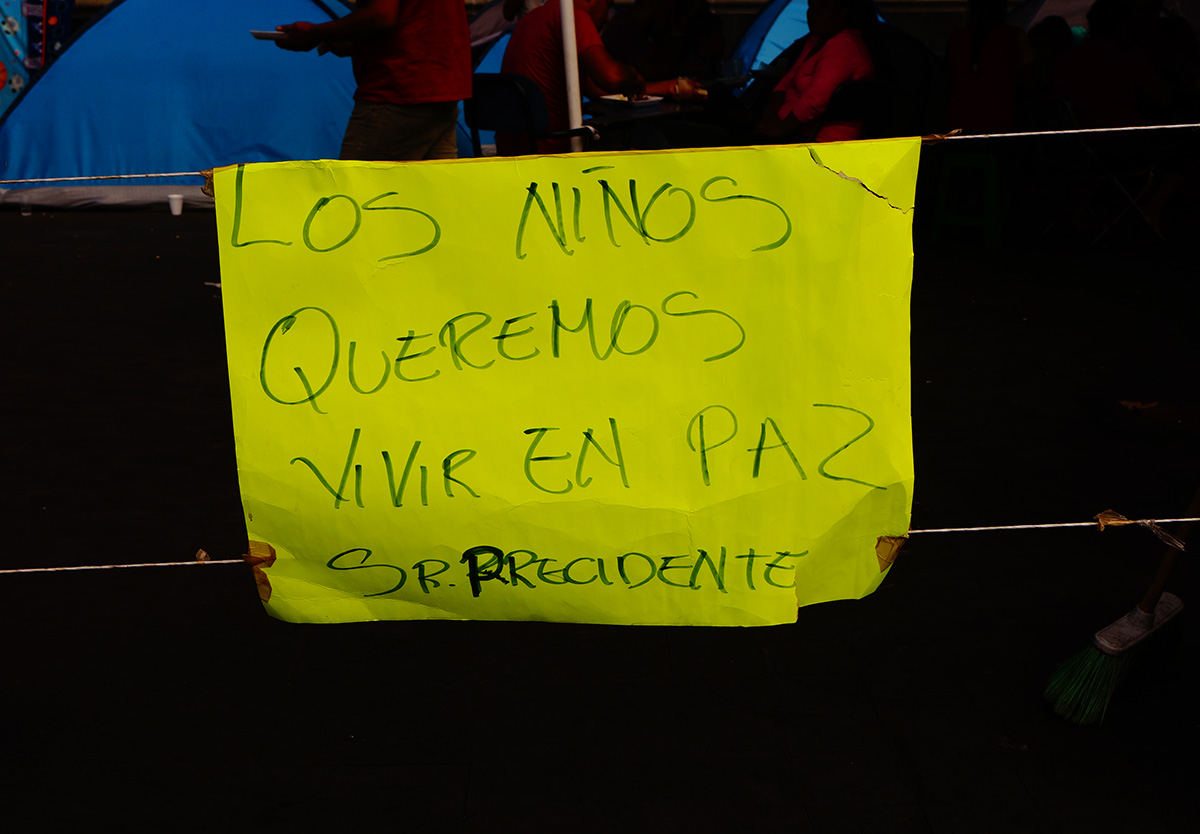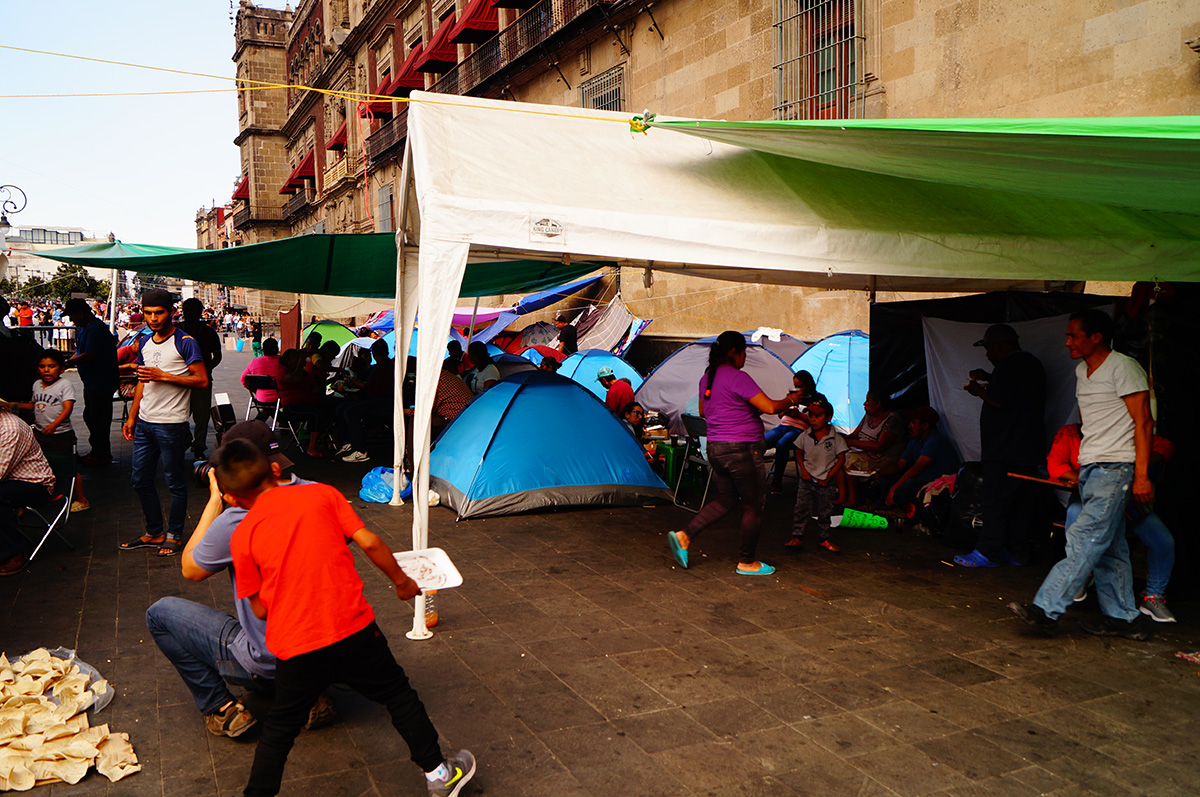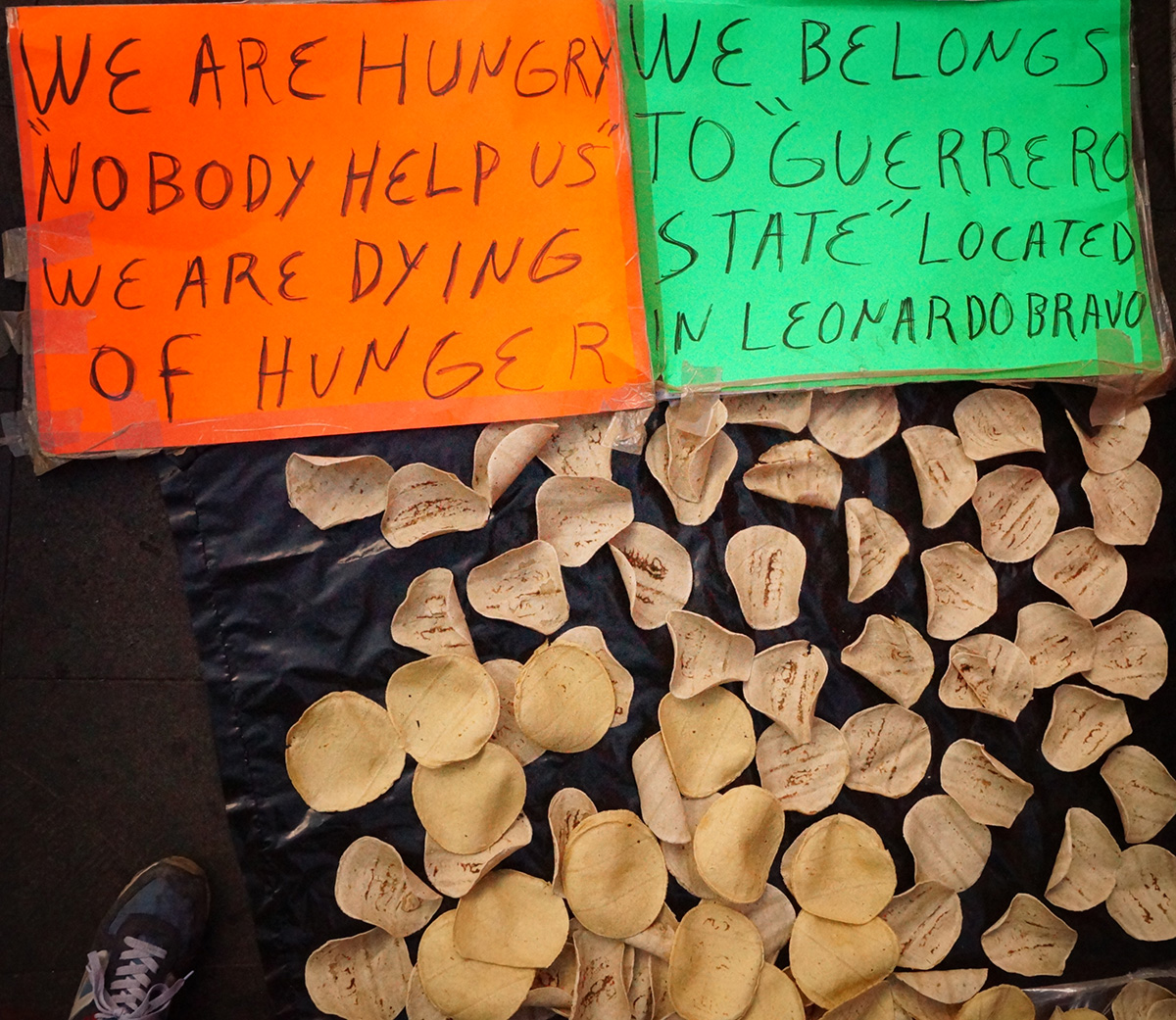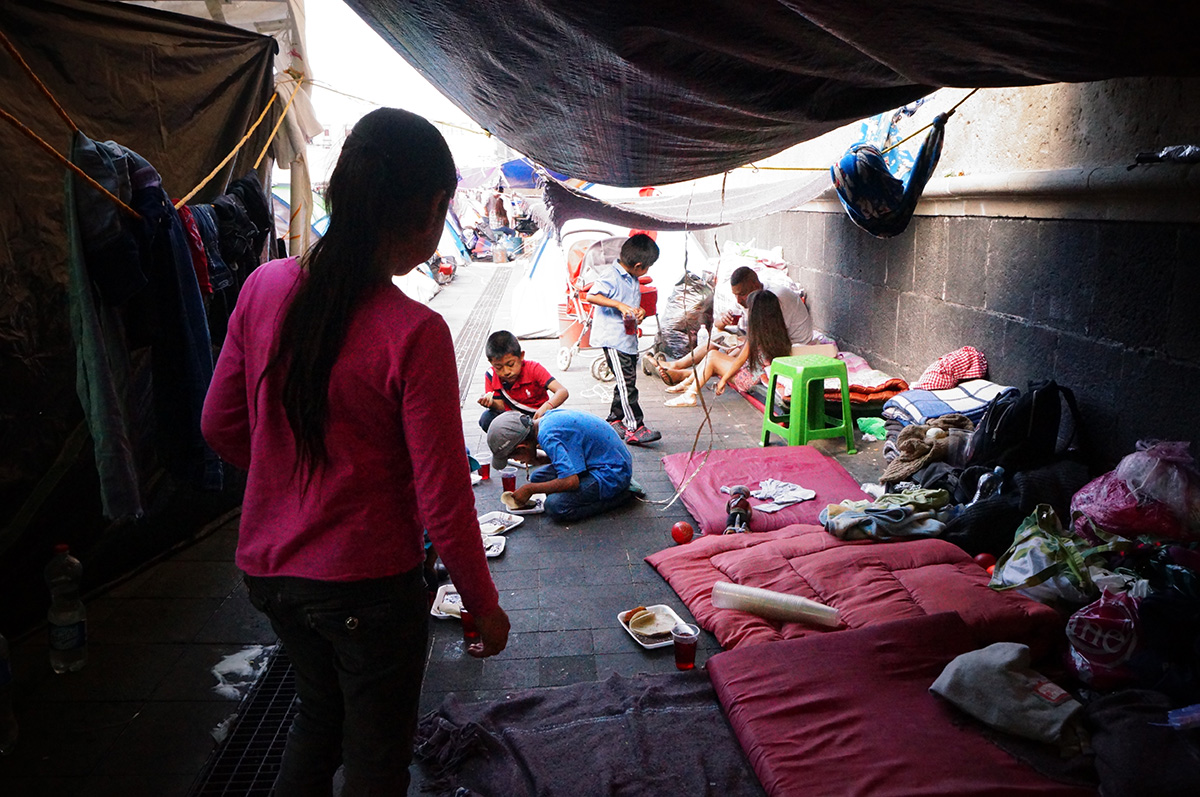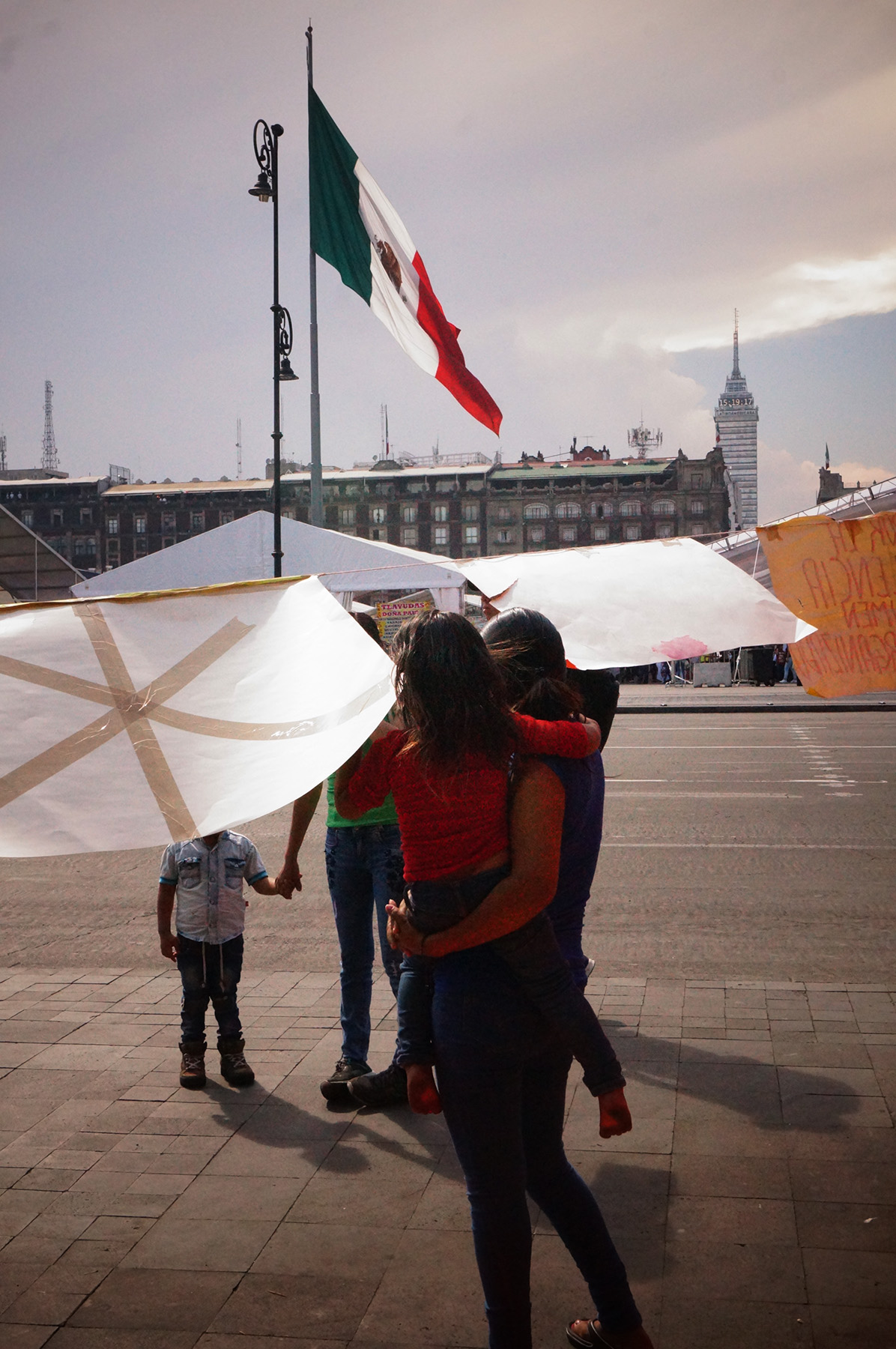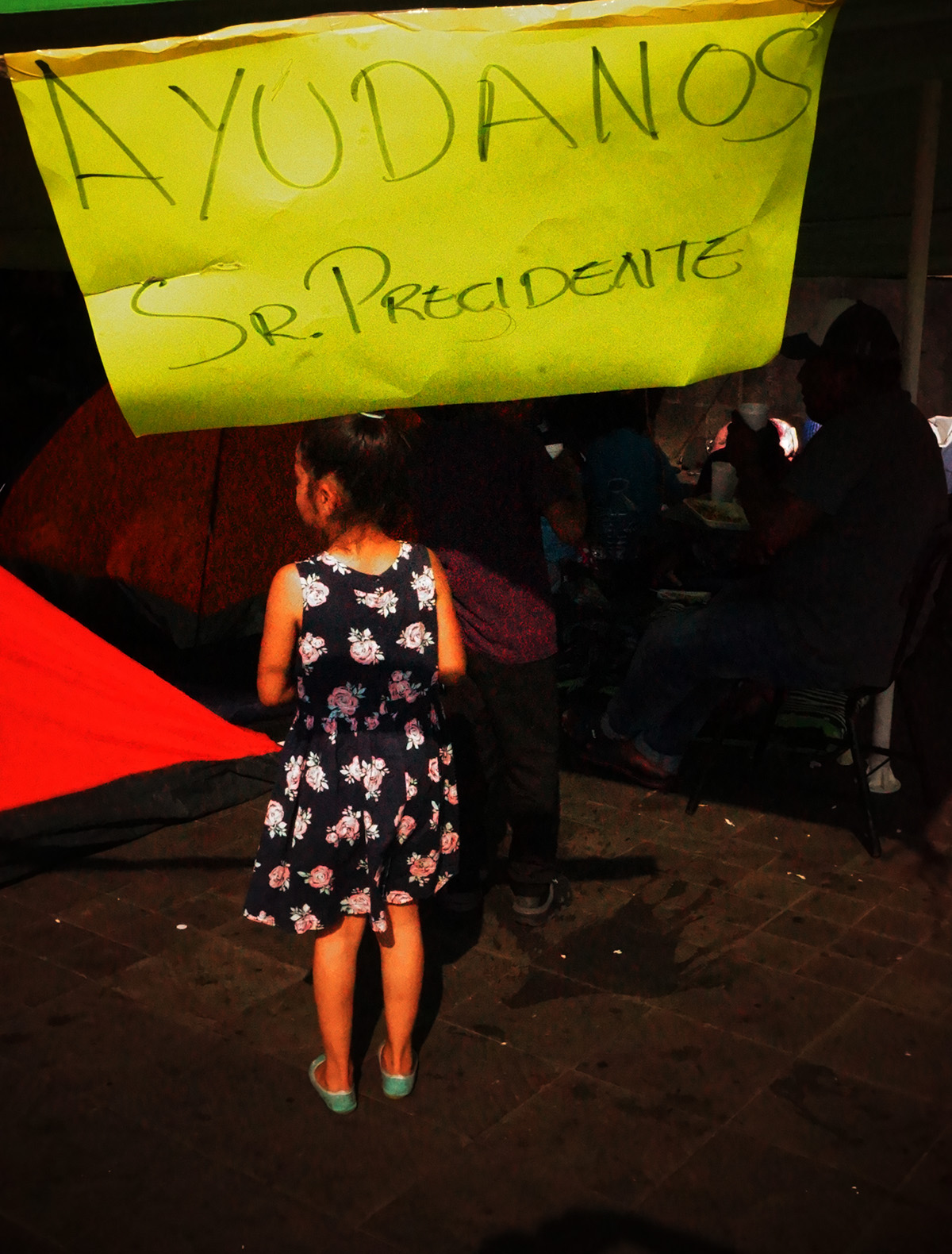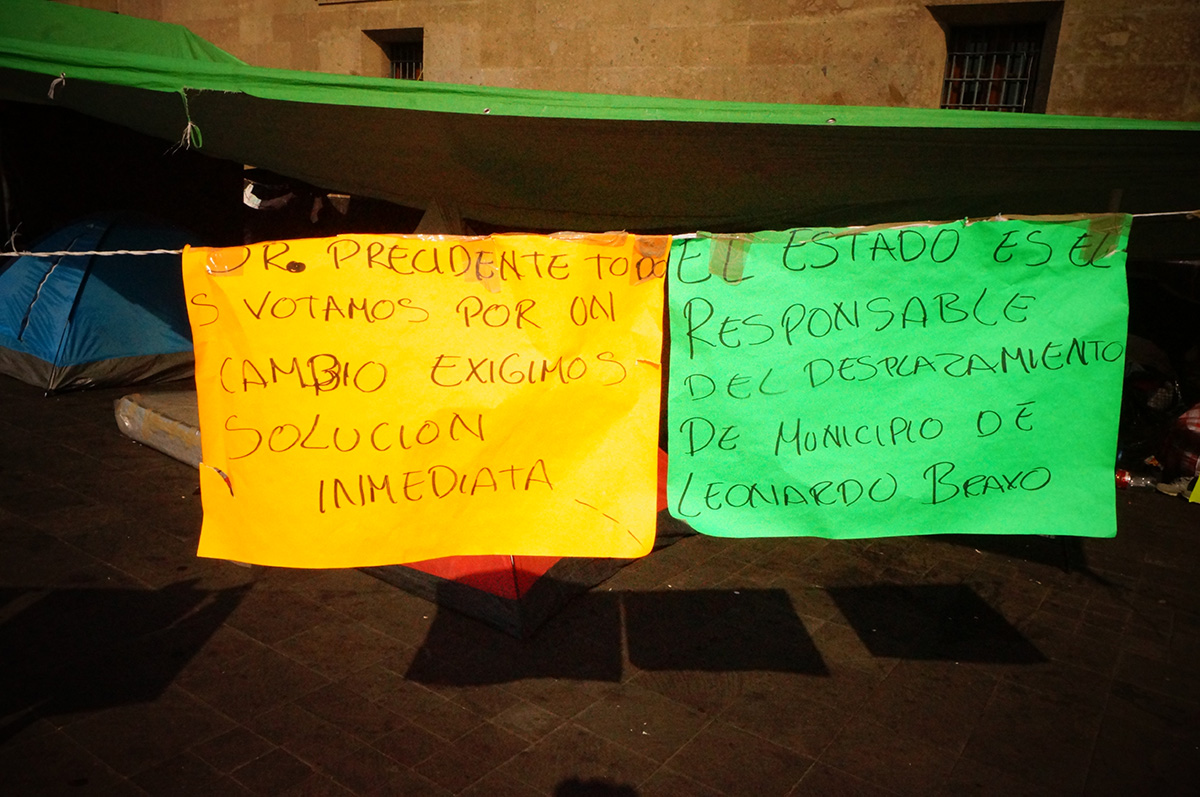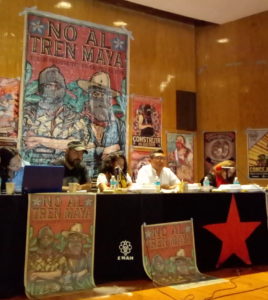Sorry, this entry is only available in Español. For the sake of viewer convenience, the content is shown below in the alternative language. You may click the link to switch the active language.
Zapata siempre vuelve
[podcast]https://radiozapatista.org/wp-content/uploads/2019/02/siemprevuelve.mp3[/podcast]
Audio: Samir Flores haciendo y defendiendo la comunicación y la vida comunitaria, animando y compartiendo las labores y la alegría cotidiana en su comunidad y recibiendo a la banda nacional e internacional en Resistencia y Rebeldía contra el Capitalismo. Amilcingo, Morelos, antes y de aquí pa’lante (4:00 min)
Frente al Museo de Ciencias de Morelos, en una casilla que permanece vacía la mayor parte del tiempo, dos estudiantes se acercan al transporte público y si les va bien –si la combi o la ruta no tienen barras- suben a compartirle a lxs pasajeros en apenas un minuto o minuto y medio –en lo que el chofer termina de checar su tiempo y pagar los minutos que se quemó- información sobre toda la destrucción ambiental y social que traería consigo no sólo la ejecución de la Termoeléctrica de Huexca sino de todo el Proyecto Integral Morelos. Quizás les faltaba añadir que este megaproyecto está diseñado para soportar e impulsar la minería a tajo abierto proyectada para la mitad del estado, pero le echaron muchas ganas y hasta tuvieron suerte. A diferencia de los jóvenes que horas antes fueron golpeados y amenazados –en el trayecto a la Torre Morelos les dijeron que les harían lo que a Samir y a los 43- en la entrada norte de Cuernavaca, a estxs dos muchachxs el copiloto adusto y joven de una ruta 6 sólo les dijo que eran envidiosxs –“no ven que los beneficios de la planta serían para todos”- y que, como seguro no han leído textos de historia, era muy fácil lavarles el cerebro. “No saben que estamos en la cuarta transformación”, remató el mentado copiloto.
Esta parte del centro de México es así de inhóspita, triste e insólita. Aquí, alguien se atrevió a escribir la noche del 1 de Julio del 2018 que “nuestros sueños habían abarrotado sus urnas”. Ahora, después de la consulta, esa misma persona escribió: “Y así amanecimos. 59.5% votaron por el SI, 40.1% votamos por el NO”. Así la distancia entre la vida y la muerte en esta parte de México. Un grupo de guerreras y guerreros se empeña en defender la vida aún a costa de la suya y otro grupo de gente asiente al escuchar que de ahora en adelante reinará en México el mejor de los métodos (el ansiado método “democrático”) o que incluso ahora se manda obedeciendo. Tal y como se advirtió en nuestro Sur, y tal y como mostró la década pasada aún más al sur, el saqueo y la devastación de lo que aún queda en pie es acaso más sencilla si el rostro ejecutor tiene disfraces zurdos. ¿O acaso es que poco a poco se fue preparando el terreno (reformas constitucionales, despojos territoriales y desplazamientos forzados) para ejecutar finalmente –de manera finalmente democrática, claro, porque el pueblo es sabio y no se deja lavar el cerebro como esxs ultra-radicales conservadores de izquierda- la última fase de un proyecto en realidad transexenal?
Por todo ello, para quienes no creemos que sobrevivir al colapso sea una cuestión de porcentajes democráticos –y eso si es que en realidad “ganaron”-, estos han sido días de un duelo y un dolor que hace apenas una semana nos hubiera resultado inconcebible. Estos días hemos llorado un chingo, pa’qué. Medios libres, organizaciones sociales, estudiantes, activistas, comunidades, abuelitxs y niñxs hemos velado y llorado juntxs a un gran guerrero. Un luchador social que de a tiro daba esperanza. Es decir, un compa que hacía, tejía y construía día a día esperanza al potenciar y defender, por decir lo menos, el alimento, la comunicación, el cuidado y el aliento común. En el límite del 2016, al ver llegar a CIDECI a lxs delegadxs del Congreso Nacional Indígena, de repente me descubrí alegre y, ya lo decía, esperanzadx. “Imagínate: todos los Samires de México”, le dije esa vez a mi compañerx. Y poco antes, en diciembre de 2014, el propio Samir había recibido así en Amilcingo al Festival Mundial de las Resistencias y las Rebeldías contra el Capitalismo: “Miramos a la tierra que nos da de comer todos los días. No la vemos como el sistema, como una mercancía. Y hoy los morelenses, y eso se lo compartimos al mundo, creo que todos estamos obligados y comprometidos con nuestras generaciones. Quizás por algo nos tocó vivir este momento. Somos afortunados y algo tenemos que hacer (…) Tenemos el compromiso moral de enseñar a nuestros hijos la historia, pero también sus derechos. Aquí no hay de otra, compas, y así lo vemos los de la comunidad de Amilcingo: o enseñamos a nuestros hijos a levantar la cabeza, a levantar la mirada, o con nuestra omisión les estaremos dando la lección de parar el lomo”.
Así de enorme, digno y entero. Así de grande. Así Samir: un compa que se sentía afortunado y profundamente alegre ante la posibilidad de poder luchar por lxs demás. Por todo ello cala hondo que en esta parte de México, en las mismísimas tierras de origen del zapatismo mexicano, se ose defender que la distancia entre la vida y la muerte sea cuestión de puntos porcentuales. En ese vacío “público” enorme, ominoso y asesino, en esa distancia ahora llamada método democrático que en realidad es la distancia de siempre, siguen avanzando a paso forzado la guerra y el exterminio. Pero en corto y a la vuelta de la esquina, en el trabajo compartido, la alegría y la palabra, mero entre lo que podemos sentir, querer, comunicar y sembrar con nuestras propias manos, mero ahí sigues, Samir. Sigues y sigues y sigues, como te escribió un compa de Jantetelco, ahí cerquita de Amilcingo:
Yo conocí a Zapata en una tarde calurosa mientras indagaba en política y encontré un rebelde.
Zapata era herrero, campesino, padre de familia y un buen amigo para todos.
Acompañaba a la gente a la hora de comer, saludaba a los pueblos desde el suyo, les dedicaba Mañanitas a los hombres y Golondrinas a los muertos.
Yo canté en su espacio junto con Musito.
Zapata hacia playeras en serigrafía, él me regaló una.
Zapata sembraba maíz criollo, frijol y calabaza.
Tocaba la guitarra y era muy alegre y siempre amable.
Zapata iba a mi pueblo en la feria patronal, comía mole y entrevistaba a la gente.
Zapata te recibía en su casa cuando lo buscabas para hablar de algún problema.
Su caballo era de fierro, su sombrero era pequeño, su voz era potente y cargada de verdad.
Zapata me abrazó antes de ir a la escuela y una vez cargué a su hijo tan sereno como él.
Zapata hoy está muerto pero volverá.
SIEMPRE VUELVE…
…mitztemoa noyolo, mostla timotazque…

